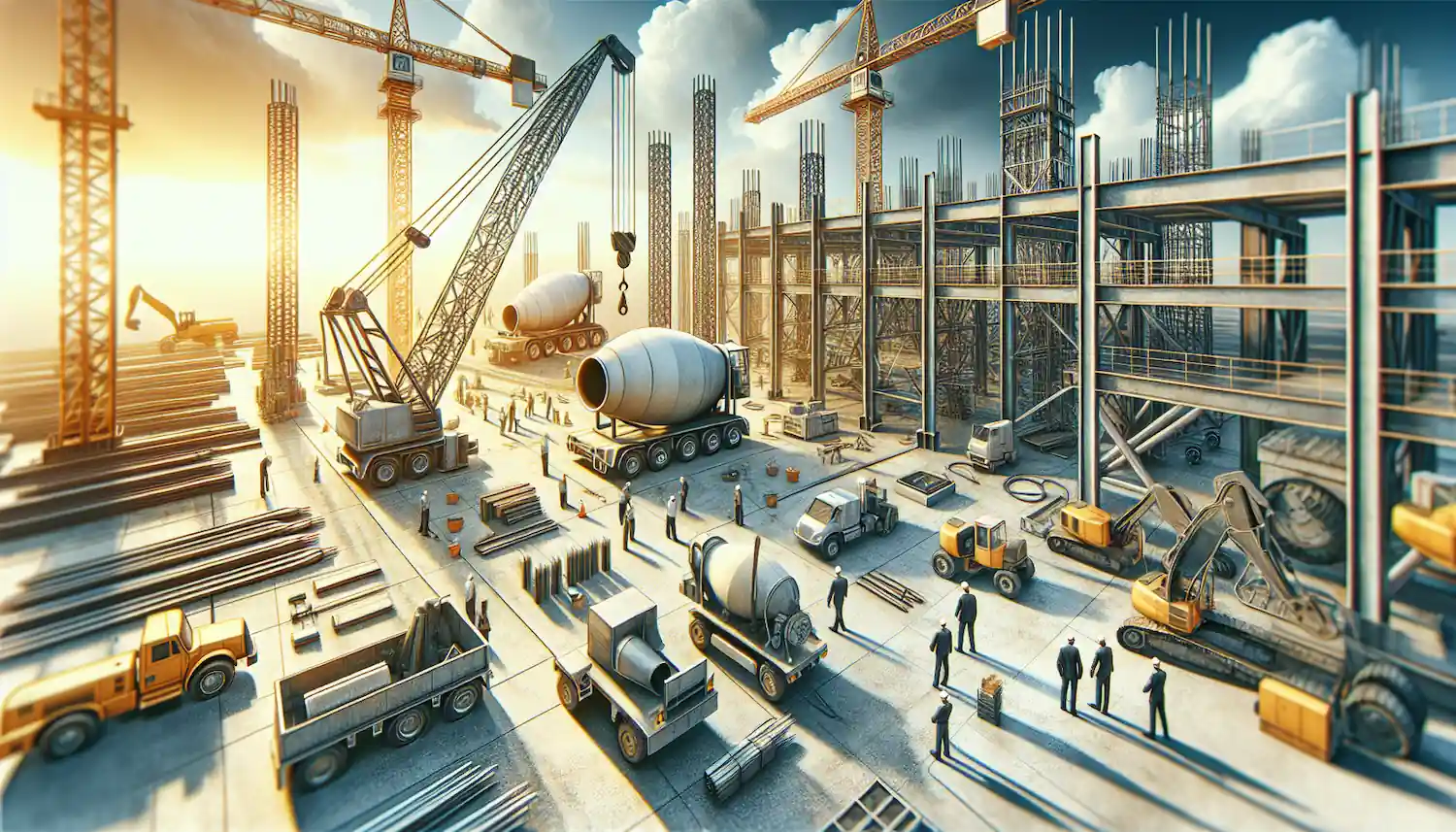A Detailed Guide to Choosing Excavators for Construction Work
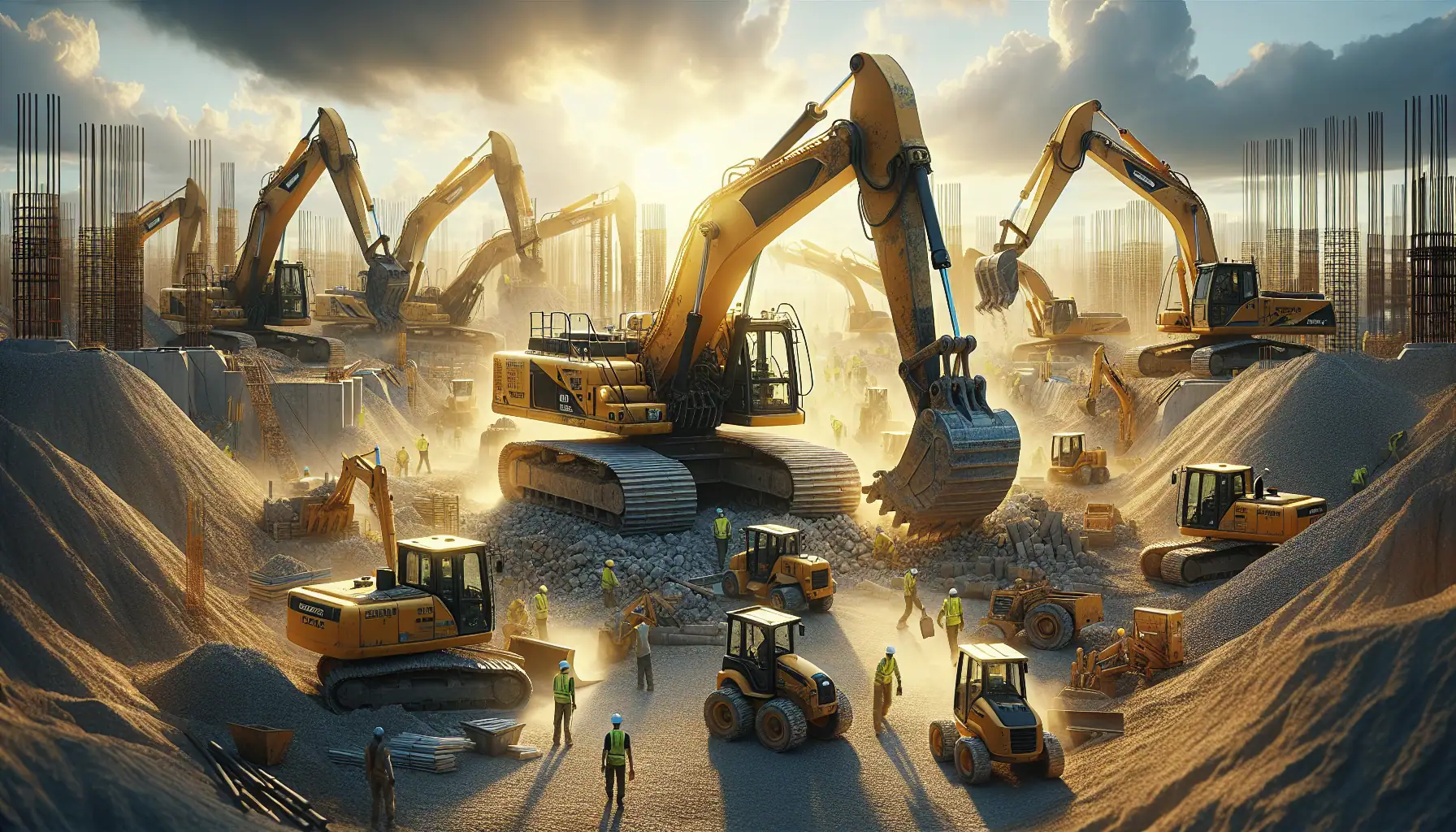
In this guide, you'll learn about the different excavator types and size classes available. We'll explore how to match excavator features to your job requirements and optimize their performance on-site. You'll also get insights into popular brands like Cat, Kubota, and Komatsu, along with tips on renting excavators near you. By the end, you'll be well-equipped to make an informed decision when selecting the perfect excavator for your next construction project.
Excavator Size Classes Explained
Excavator size classes are determined by weight, engine power, and bucket capacity. These factors define the machine's capabilities and suitability for different projects.
Compact Excavators
Compact excavators, weighing under 7 metric tons, are ideal for tight spaces and small-scale projects. They offer high maneuverability, lower operating costs, and reduced ground disturbance. These machines excel in landscaping, utility work, and residential construction.

Standard Excavators
Standard excavators, weighing 7 to 45 metric tons, are versatile workhorses for commercial construction. They provide more power and capacity for tough jobs, supporting various work tools. While they increase productivity, their size can damage soft soil and create storage challenges.

Large Excavators
Large excavators, weighing over 45 metric tons, are built for heavy-duty work like commercial construction and demolitions. They're ideal for digging foundations for large structures and moving significant amounts of soil. Despite transportation challenges, they're invaluable for major projects requiring maximum power and capacity.

To get a free quote or consultation on sourcing machinery or parts, contact MCH Parts today.
Choosing the right excavator size is crucial for your construction project's success. Let's explore three main categories of excavators based on their weight and capabilities.
Mini Excavators (Under 7 tons)
Mini excavators are perfect for tight spaces and small-scale projects. Weighing less than 7 metric tons, they excel in landscaping, trenching, and working around structures. These machines offer precision, easy transport, and lower fuel costs. They're ideal for soft ground or finished sites but have limited power compared to larger models.
Medium Excavators (7–45 tons)
Medium excavators, weighing 7 to 45 metric tons, are versatile workhorses for commercial construction. They provide more power and capacity for tough jobs, supporting various work tools. While they increase productivity, their size can damage soft soil and create storage challenges.
Large Excavators (Over 45 tons)
Large excavators, weighing over 45 metric tons, are built for heavy-duty work like commercial construction and demolitions. They're ideal for digging foundations for large structures and moving significant amounts of soil. Despite transportation challenges, they're invaluable for major projects requiring maximum power and capacity.
To get a free quote or consultation on sourcing machinery or parts, contact MCH Parts today.
Types of Excavators for Construction
Crawler Excavators
Crawler excavators, equipped with tracks instead of wheels, offer exceptional stability and traction on rough terrains . They excel in excavating, grading, and site development tasks. These machines can handle various attachments, making them versatile for different construction needs. Crawler excavators provide superior lifting capacity due to their wide tracks and low center of gravity.

Wheeled Excavators
Wheeled excavators are known for their mobility and agility. They're ideal for projects requiring frequent relocation or work on multiple sites. These machines cause less damage to delicate surfaces like pavements, making them suitable for urban areas. Wheeled excavators generally offer better fuel efficiency compared to crawler types.

Long-Reach Excavators
Long-reach excavators are designed with extended arms and booms, allowing them to perform tasks beyond the reach of standard excavators. They're particularly useful for dredging, demolition from a safe distance, and accessing difficult areas. These machines can reach impressive distances, ranging from 40 to 100 feet (12 to 30 meters).

To get a free quote or consultation on sourcing machinery or parts, contact MCH Parts today.
Matching Excavator Features to Job Requirements
Digging and Lifting Capabilities
When choosing an excavator, consider its bucket capacity and engine power. These factors determine the machine's ability to handle your project's demands. Electric excavators offer instant torque and smooth acceleration, often outperforming diesel counterparts.
Mobility and Transportation
Wheeled excavators provide better mobility on flat surfaces, while crawler excavators offer superior stability on rough terrain. Consider the job site's layout and accessibility when selecting between these options.
Operator Comfort and Safety
Prioritize operator comfort to reduce fatigue and increase productivity. Look for features like adjustable heated seats, ergonomic controls, and noise reduction. Modern excavators boast enhanced visibility and safety features, improving overall job site safety.
Fuel Efficiency and Emissions
Electric and hybrid excavators offer significant environmental benefits, reducing emissions by up to 95% compared to diesel counterparts. Investing in fuel-efficient equipment promotes sustainable operations and reduces reliance on fossil fuels.
To get a free quote or consultation on sourcing machinery or parts, contact MCH Parts today.
Optimizing Excavator Performance on the Job Site
Proper Machine Selection
To optimize excavator performance, select the right machine for your project. Consider factors like engine power, weight, size, and bucket capacity. Match the excavator to your job requirements and site conditions. Ensure it has enough power for your tasks and can fit in your work area.
Operator Training and Skills
Skilled operators can improve equipment productivity by up to 50% and reduce maintenance costs by 25%. Invest in comprehensive training programs covering theory, safety procedures, hands-on practice, and advanced techniques. Well-trained operators work efficiently, communicate effectively, and maintain equipment properly.
Regular Maintenance and Inspections
Conduct daily checks and follow the manufacturer's recommended maintenance schedule. Regular inspections help identify potential issues early, preventing breakdowns and extending equipment life. Pay special attention to the undercarriage, which can account for over half of maintenance costs.
Utilizing Telematics and Technology

Implement telematics to monitor equipment performance, location, and usage. This technology can help reduce nonproductive idling by 10-15%, optimize maintenance schedules, and enhance safety through geofencing. Telematics also provides valuable data for decision-making and improving overall efficiency.
To get a free quote or consultation on sourcing machinery or parts, contact MCH Parts today.
Popular Excavator Brands and Models
Caterpillar Excavators
Caterpillar, known for its iconic "Caterpillar Yellow," offers a wide range of excavators. With 34 models spanning small, medium, and large sizes, Cat excavators are renowned for their durability and innovation. The Cat 336 and 320 are top sellers, while the 340 and 352 offer long-reach capabilities for specialized projects. Cat excavators feature advanced technology for fuel efficiency, improved visibility, and lower maintenance costs.
Komatsu Excavators
Komatsu, established in North America since 1970, boasts 36 excavator models. Their lineup includes 13 mid-sized models, 19 large models, and 6 designed for large-scale mining and quarry projects. Komatsu recently showcased electric excavator prototypes, demonstrating their commitment to reducing CO2 emissions by 50% by 2030.
Volvo Excavators
Volvo Construction Equipment, a relative newcomer to excavator manufacturing since 1991, offers 27 models. Their range includes 13 large models (3 hybrids), 6 medium models, and 8 wheeled excavators. Volvo's hybrid models use innovative boom motion technology to generate power, reducing fuel consumption by 15% without compromising performance.
Hitachi Excavators
Hitachi Construction Machinery, part of the Hitachi Group, produces 32 excavator models. Their lineup includes 17 heavy-duty models for mining applications and 15 standard crawler excavators. The Hitachi ZX245USLC-6 exemplifies their focus on reliability, featuring an efficient engine, advanced hydraulics, and telematics systems for real-time performance monitoring.
To get a free quote or consultation on sourcing machinery or parts, contact MCH Parts today.
Conclusion
Selecting the right excavator for your construction project is crucial to ensure efficiency and success. From compact machines for tight spaces to large excavators for heavy-duty work, each type has its unique strengths. By considering factors like size, capabilities, and job site requirements, you can make an informed decision that maximizes productivity and minimizes costs. Remember, the key is to match the excavator's features with your specific project needs.
Proper maintenance, skilled operators, and leveraging technology are essential to optimize excavator performance on the job site. These factors contribute to increased productivity, reduced downtime, and extended equipment life. Consider reaching out to MCH PARTS for a free sourcing machinery or parts consultation, ensuring your business benefits from top-tier equipment and service. By making smart choices and implementing best practices, you'll be well-equipped to tackle any construction challenge that comes your way.
FAQs
1. How should I select an appropriate excavator for my construction project?
To choose the right excavator, evaluate various factors such as the bucket capacity, counterweight, digging depth, engine power, ergonomics, lift capacity, size, and weight. It's important to visualize each phase of your project and consider how the excavator fits into each step.
2. What are the different size categories of excavators?
Excavators are categorized based on size and weight:
- Mini or compact excavators: Typically weigh up to 13,000 lbs. or 6 metric tons.
- Midi excavators: Generally range from 15,400 lbs. or 7 metric tons to 22,000 lbs. or 10 metric tons.
- Standard excavators: These are larger and vary widely in size and capacity.
- Large excavators: These are the biggest models available and are suitable for extensive construction sites.
3. What size of excavator is needed for digging footings?
For tasks such as digging footings, installing swimming pools, utility trenching, or demolition, mini excavators weighing between 5 to 10 tons are suitable. Smaller models in this category can dig up to 10 feet deep, while larger ones can exceed 15 feet.
4. Which excavator size is most profitable to operate?
Mini excavators are considered the most profitable due to their cost-effectiveness. They are cheaper to transport, consume less fuel, and incur lower maintenance costs.
Read More
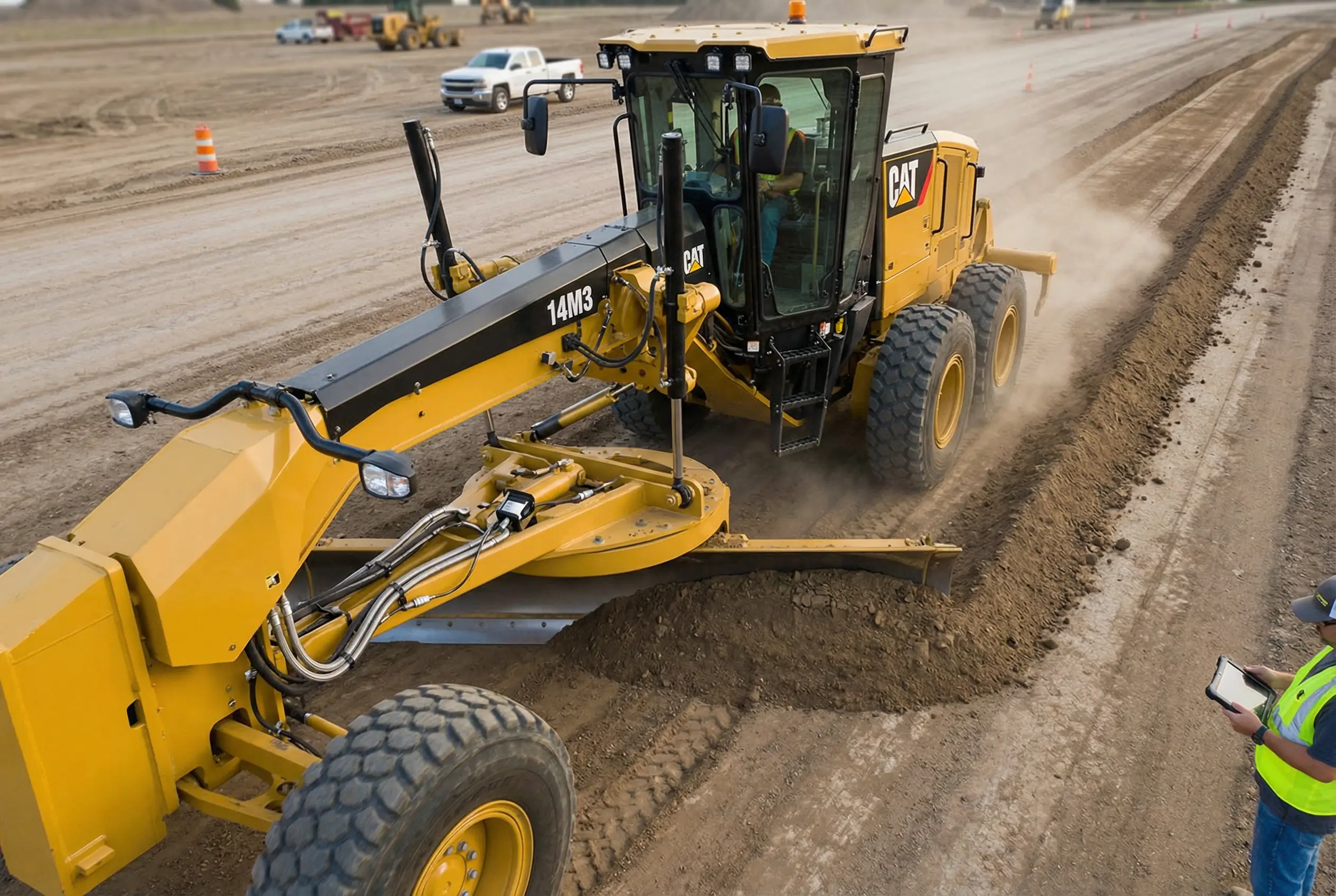
Motor Grader Predictive Diagnostics: Prevent Hydraulic Failures & Reduce Downtime
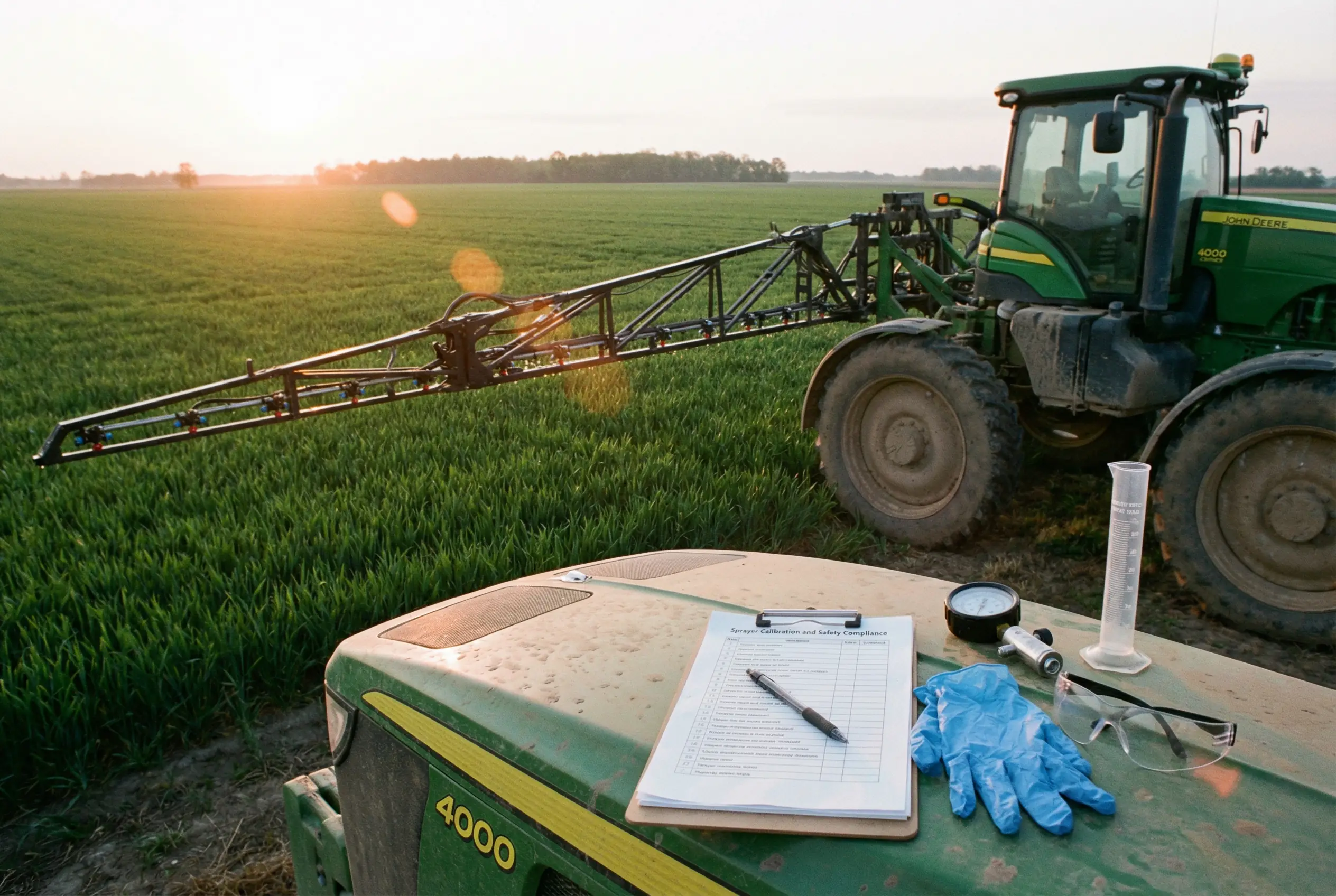
Pesticide Sprayer Calibration: Essential Safety Compliance Guide & Protection

Seeder Bearing Parts Sourcing Guide: Critical Components & Strategy
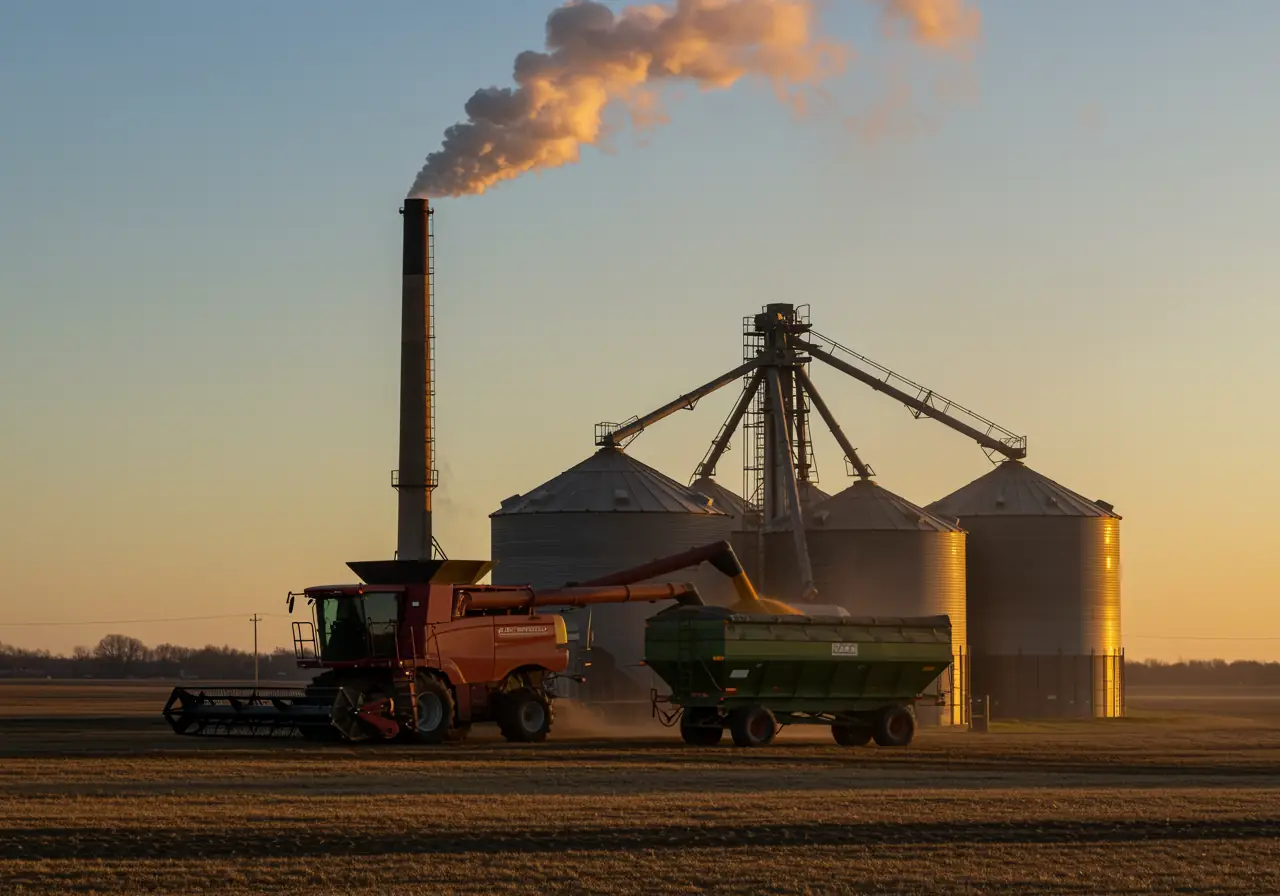
Downtime Prevention Through Smart Inventory for Grain Dryers
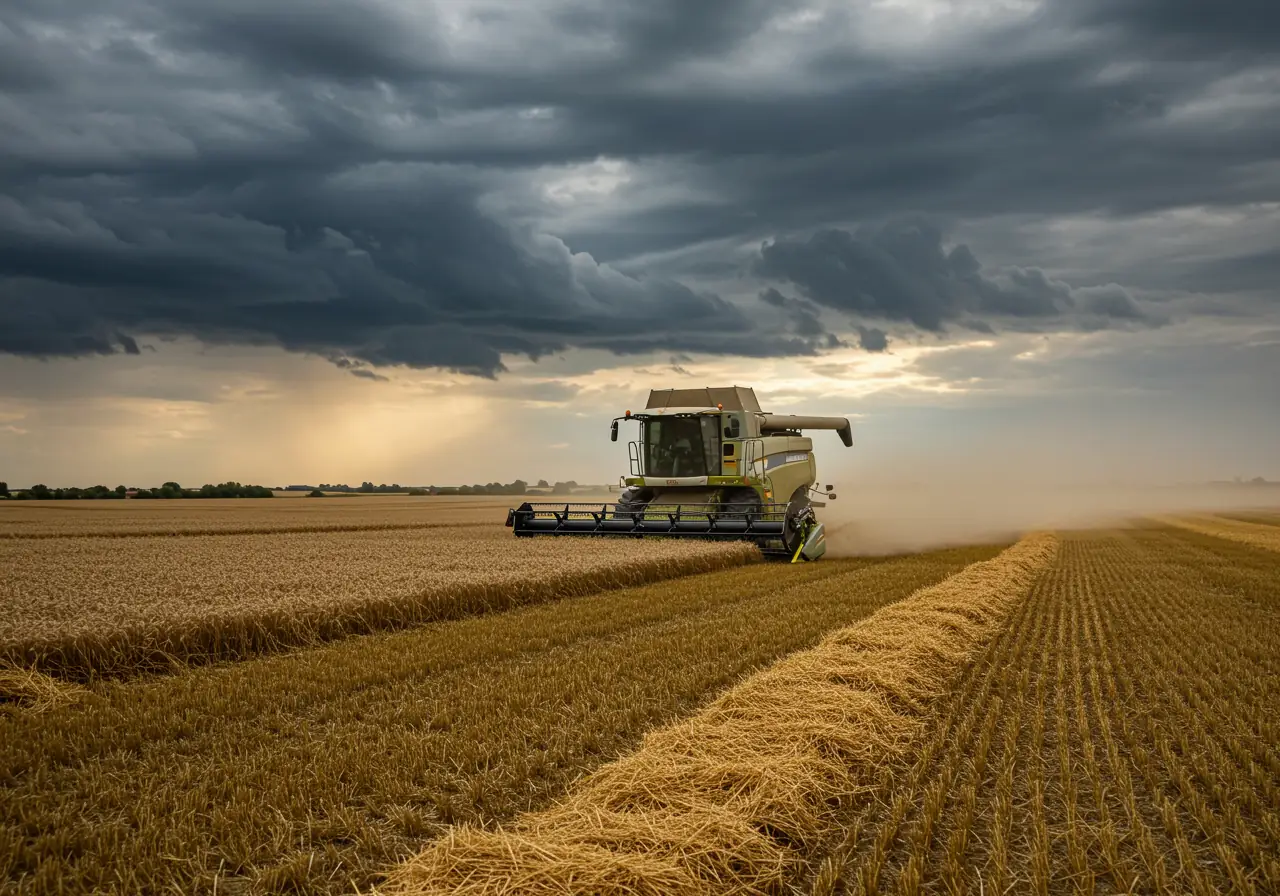
Combine Harvester Breakdown Prevention Guide: Predictive Analytics for Zero Downtime
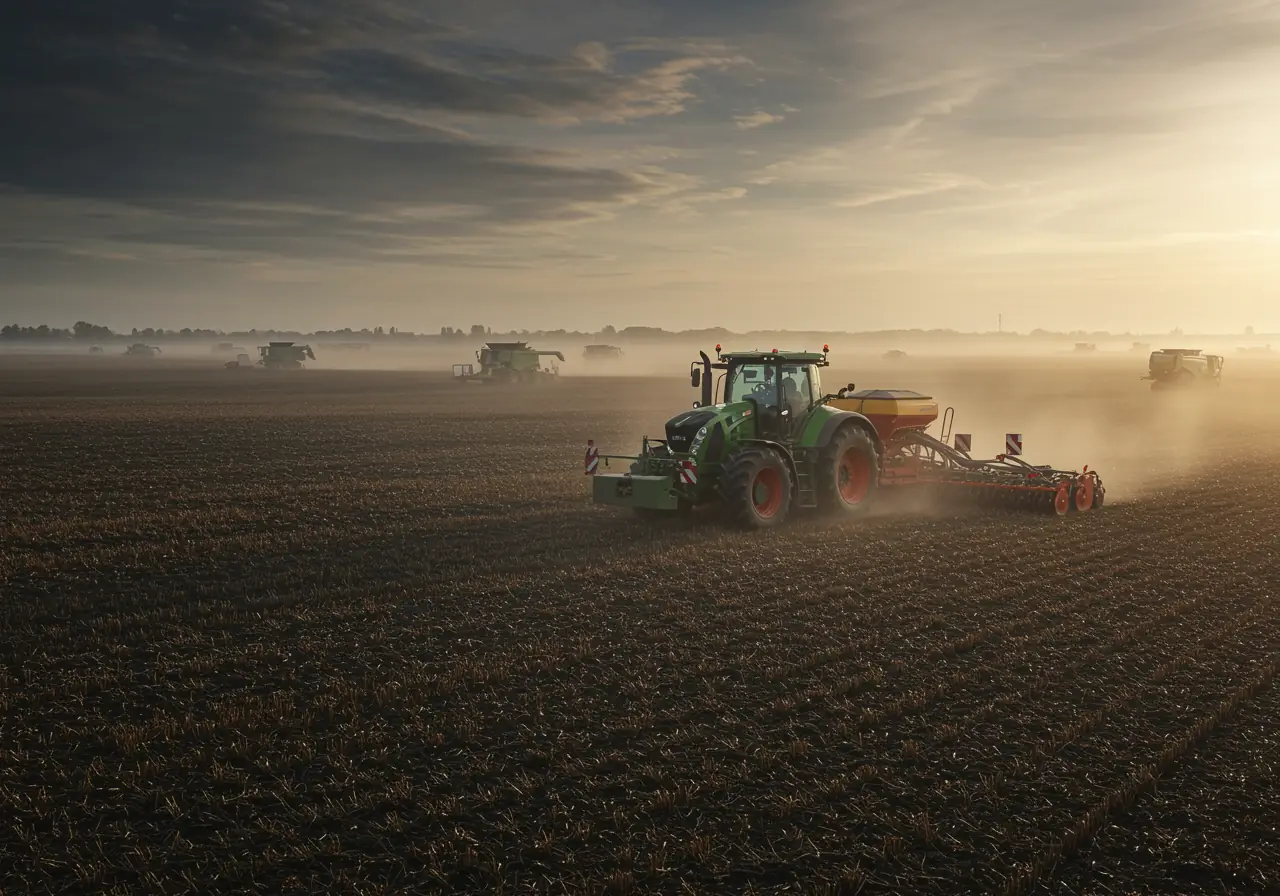
Master Global Agricultural Parts Delivery | Mid-Season MRO Guide

Fixing Haul Truck Downtime Issues: Remote Parts Strategy Guide 2025
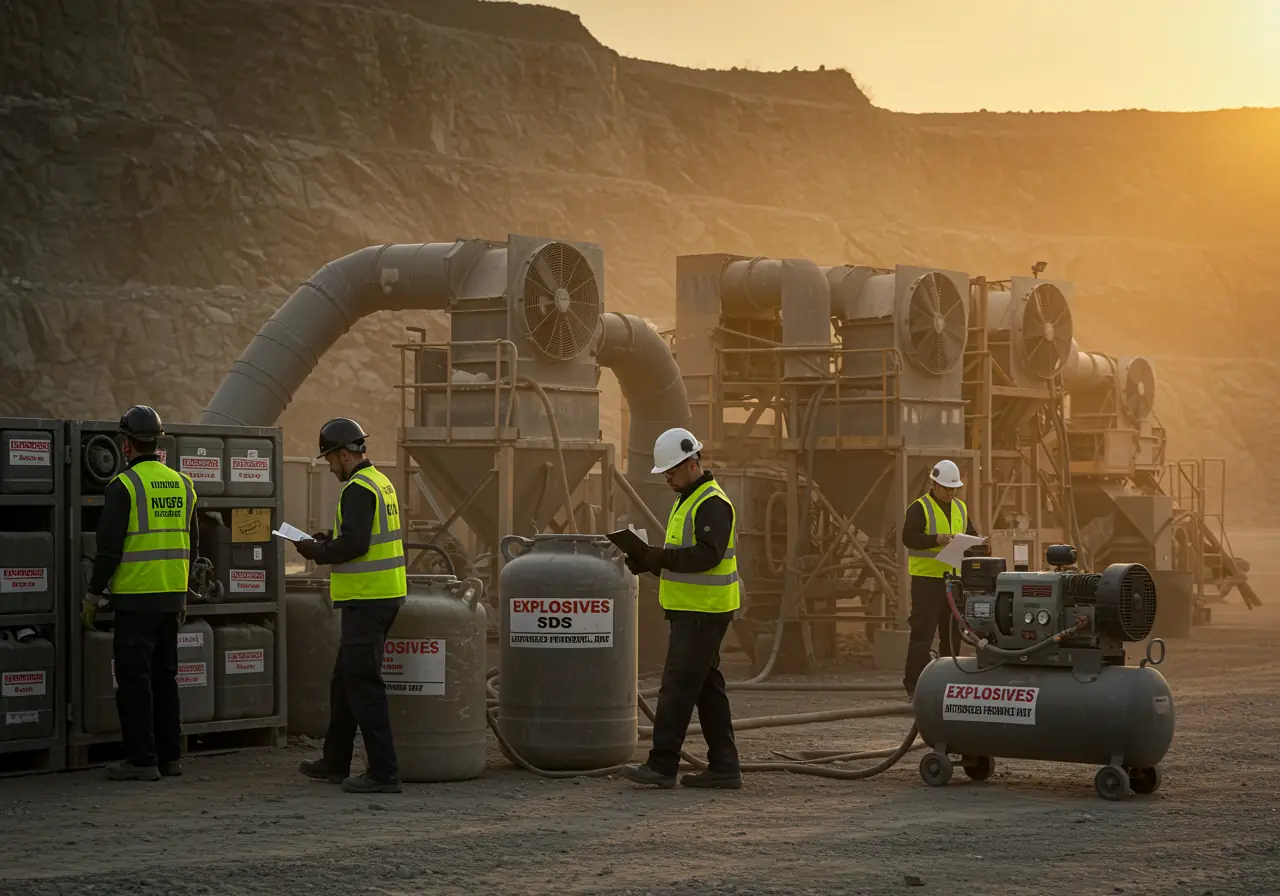
Blasting Equipment Safety Compliance: Must-Know Audit Requirements for 2025
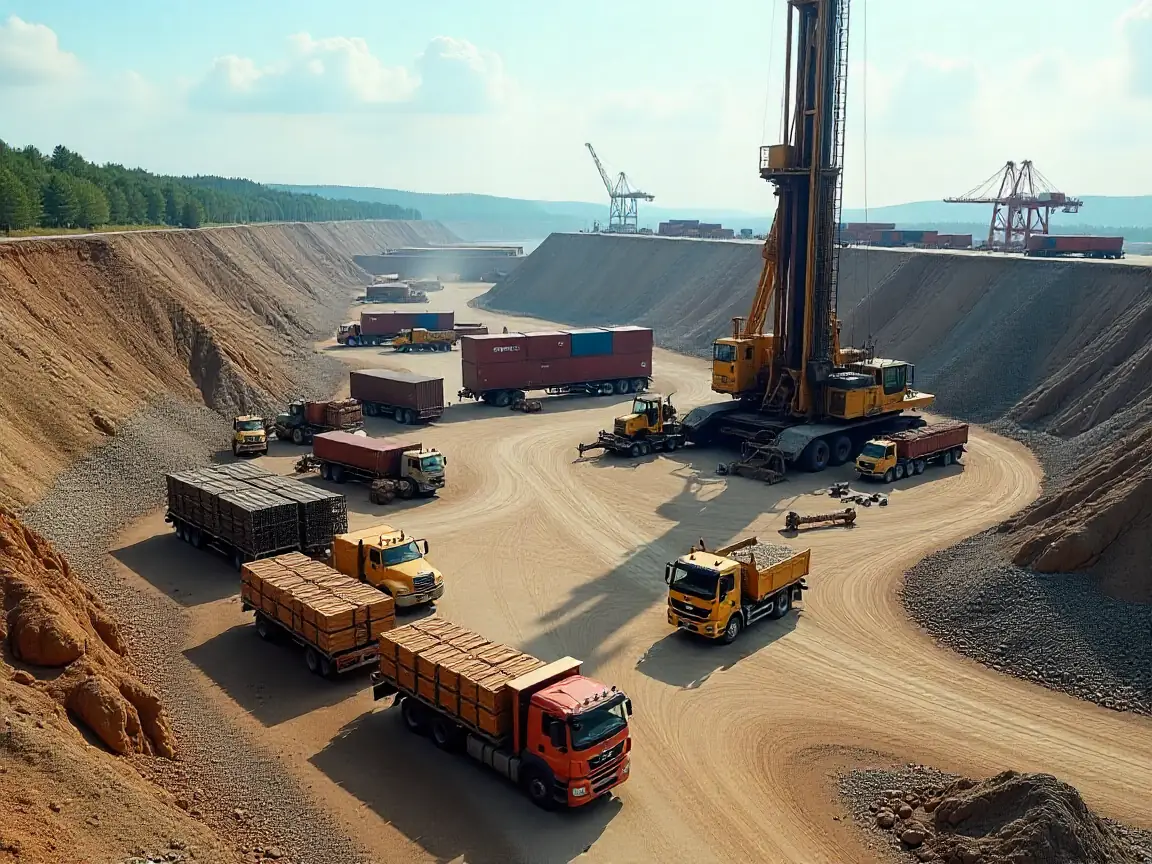
The Step-by-Step Guide to Global Drill Rig Consumables Sourcing
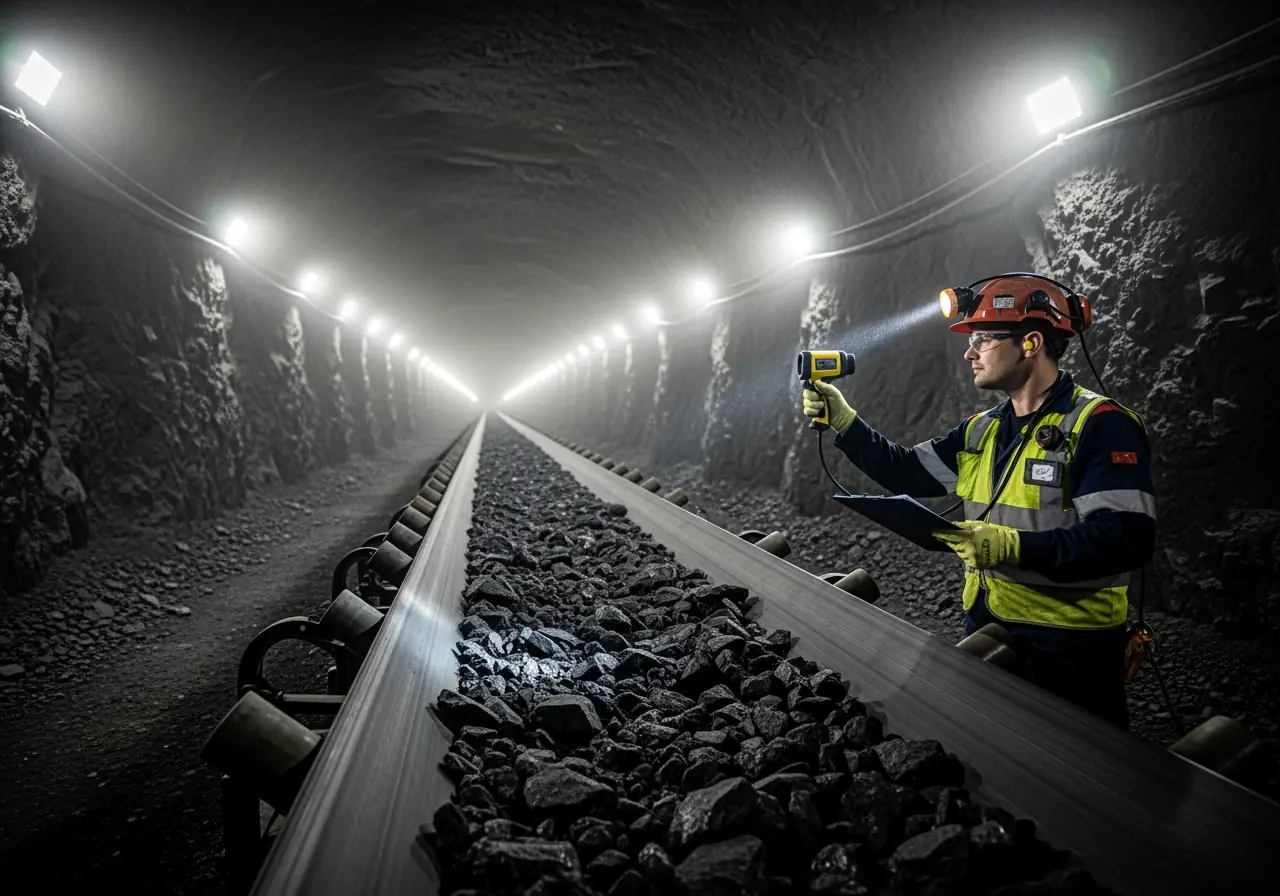
Mining Conveyor Maintenance Guide: Detecting Hidden Risks in Underground Systems
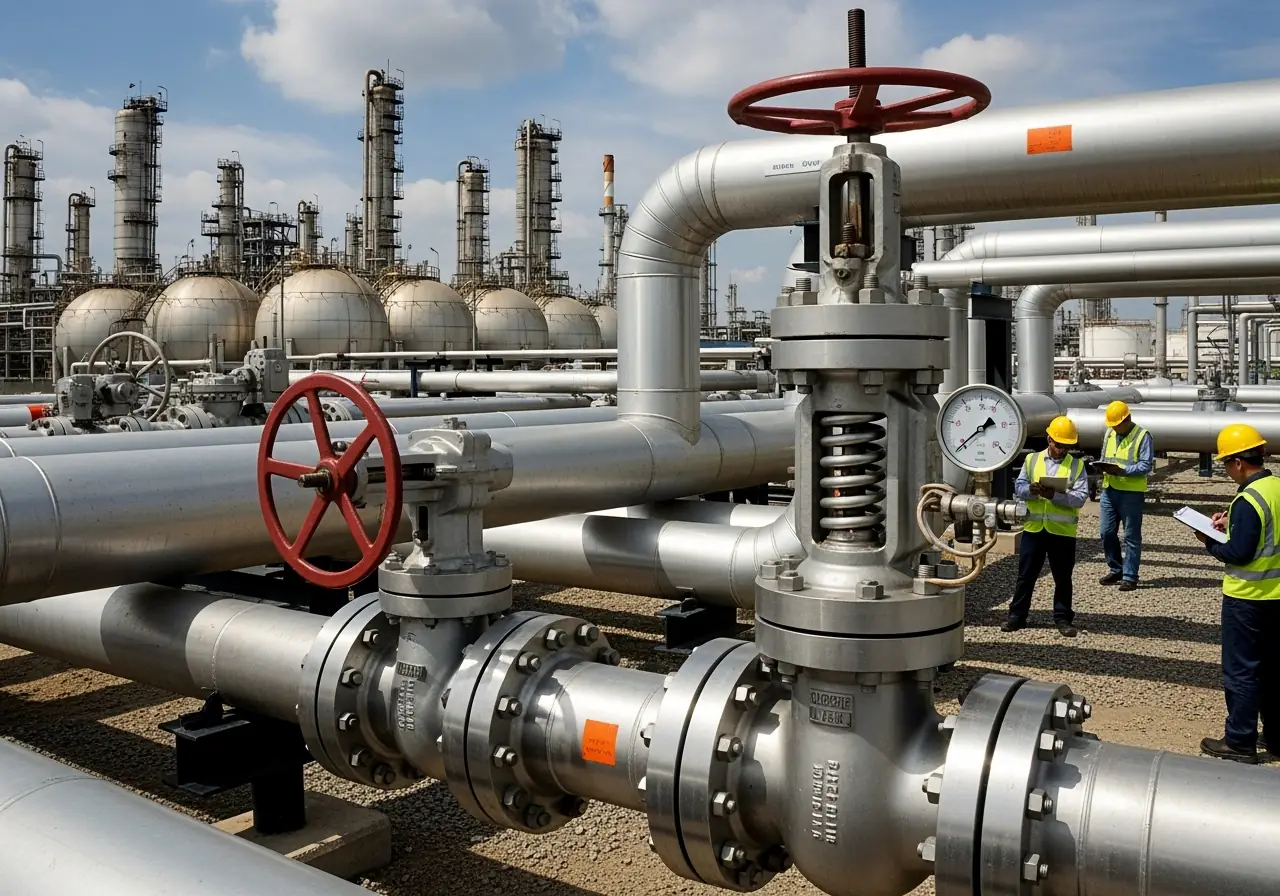
Best Practices for Certified Pipeline Valve Selection: From Specs to Installation

Optimizing Oil Rig PPE Delivery: Proven Strategies That Saved $2M Annually
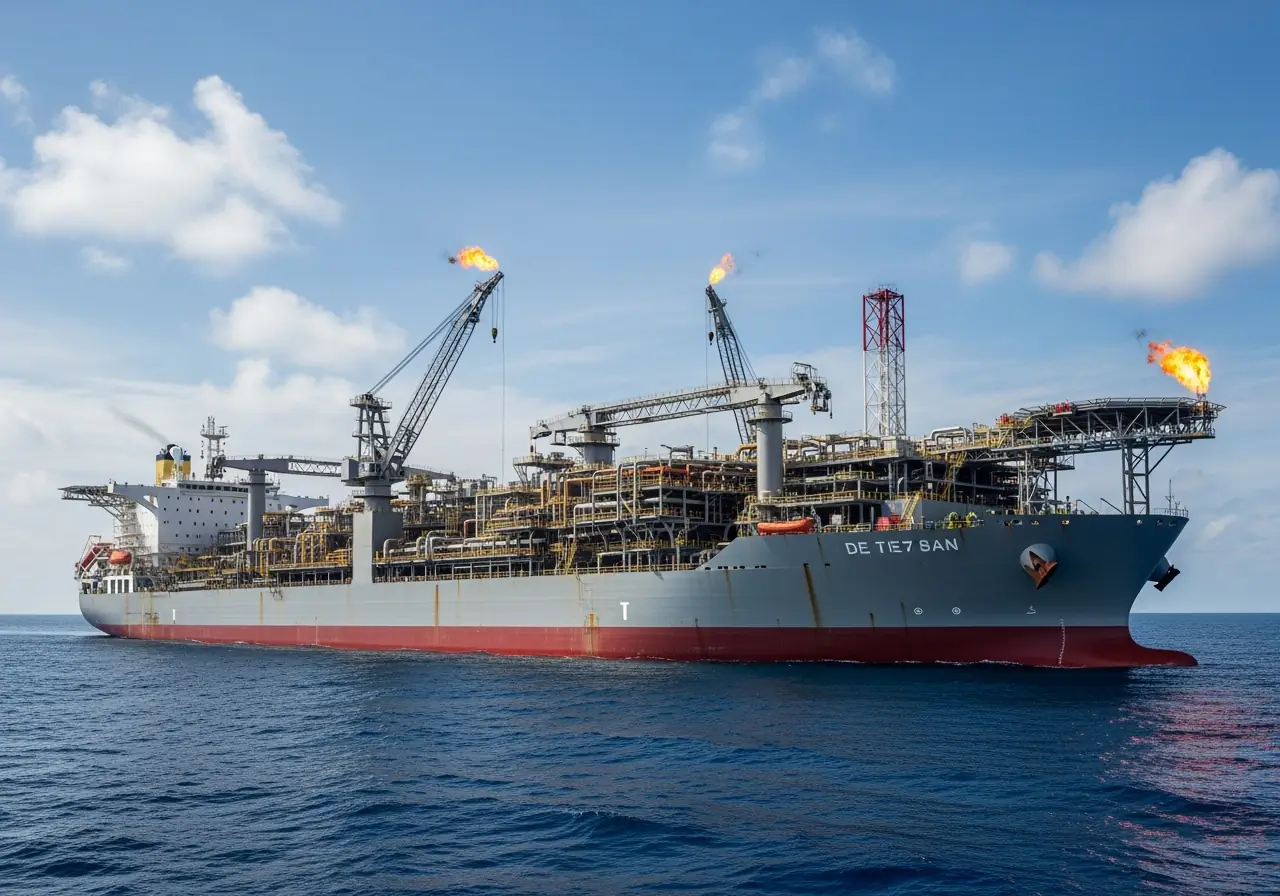
FPSO Smart Parts Planning: Proven Methods to Cut Downtime

How FPSO Inspection Prevents Million-Dollar Shutdown Losses
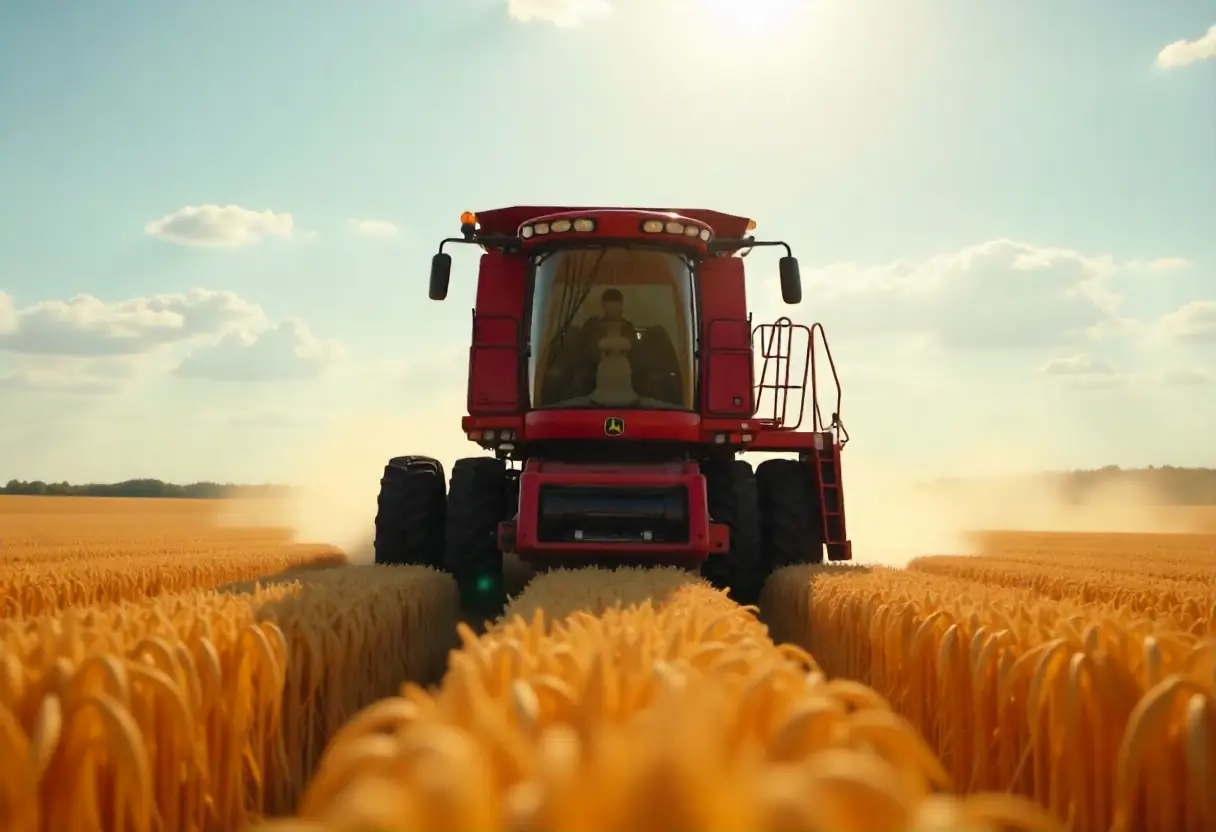
Fix It Before It Breaks: A Farmer's Guide to Combine and Harvester Maintenance

Why Fast Tractor Parts Delivery is Changing Modern Farming [2025 Guide]

The Critical Farm Equipment Replacement Parts You Need Before Harvest 2025
.webp)
How to Double Your Farm Efficiency: Expert Guide to Smart Scaling

Cut Costs by 30%: Pre-Season Spare Parts Audit Checklist

Proven Success Factors for Agricultural Equipment Manufacturers in 2025

13 Overlooked Farm Spare Parts That Halt Operations — Pt. 2
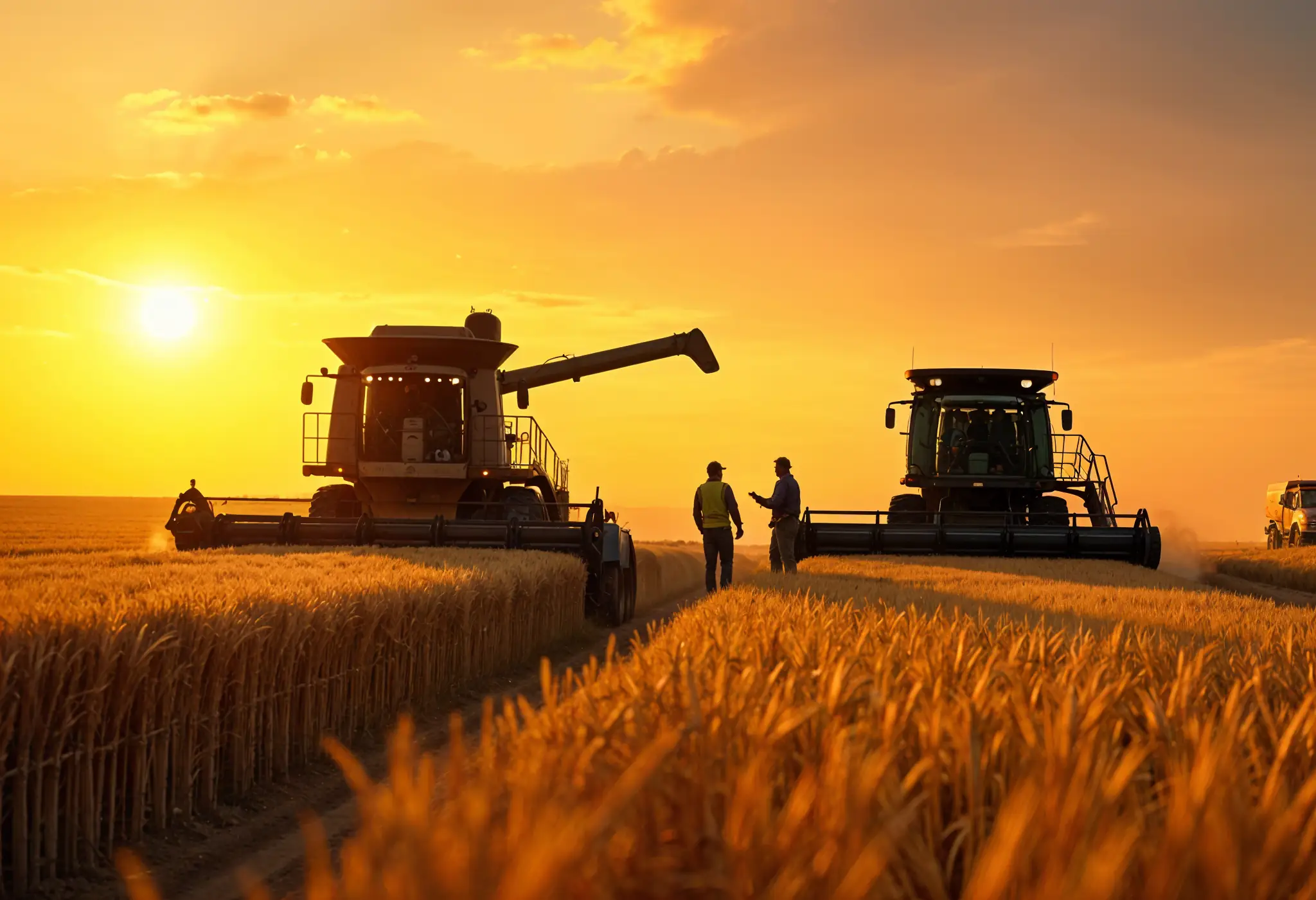
13 Overlooked Farm Spare Parts That Halt Operations — Pt. 1
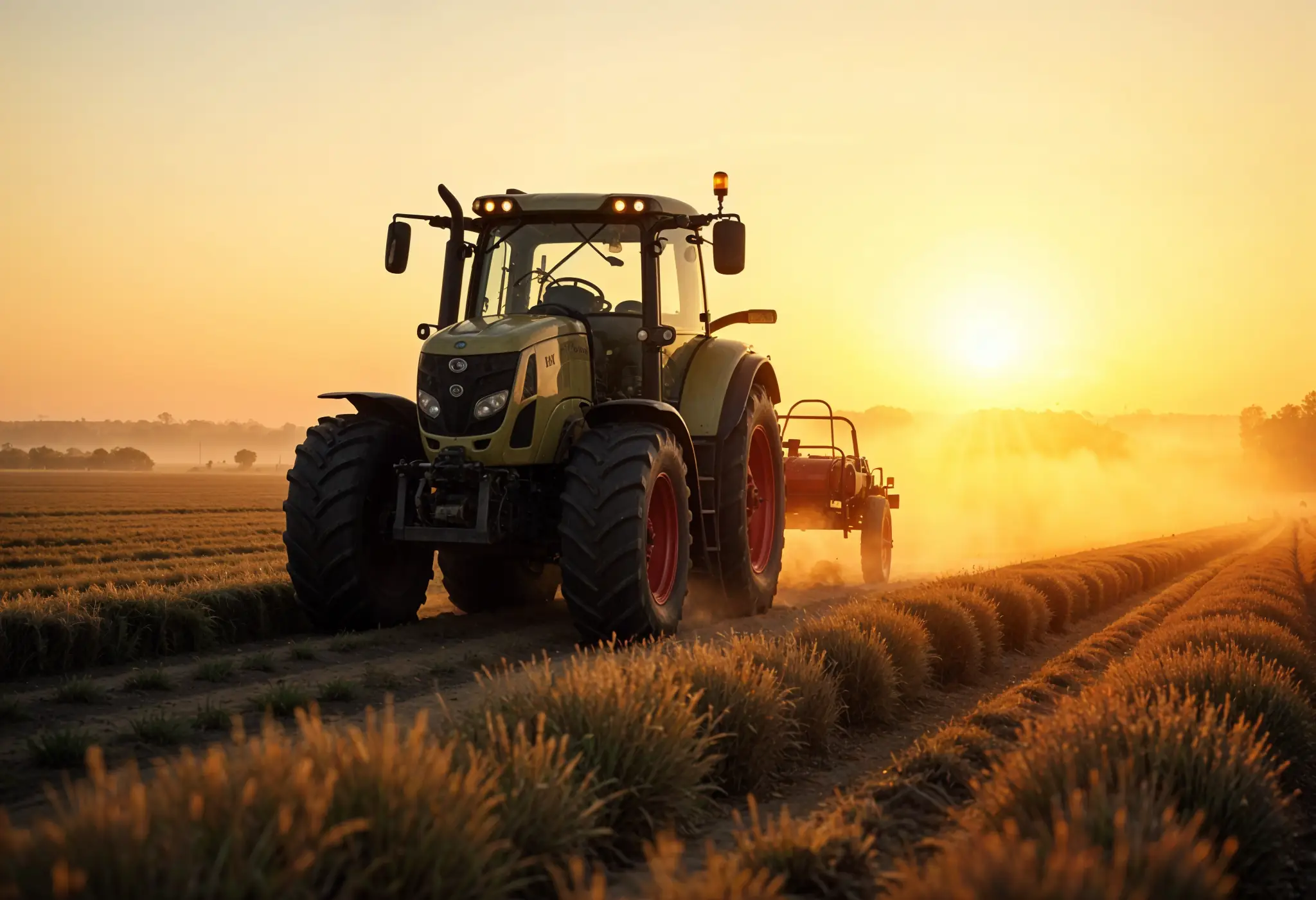
Top Hydraulic Components for Agricultural Equipment in 2025: Complete Guide
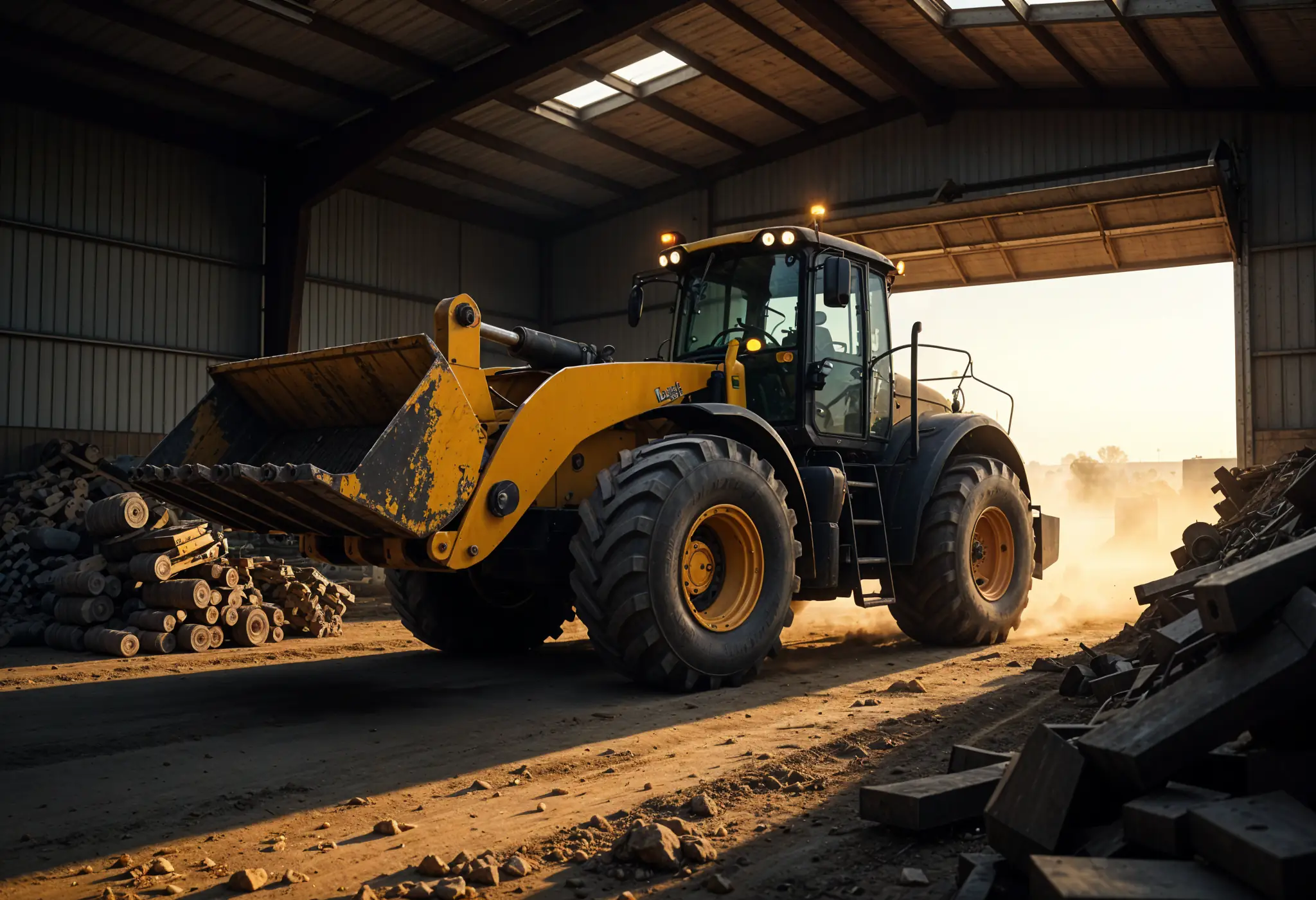
The Essential Farm Equipment Parts You Can't Afford to Run Out Of
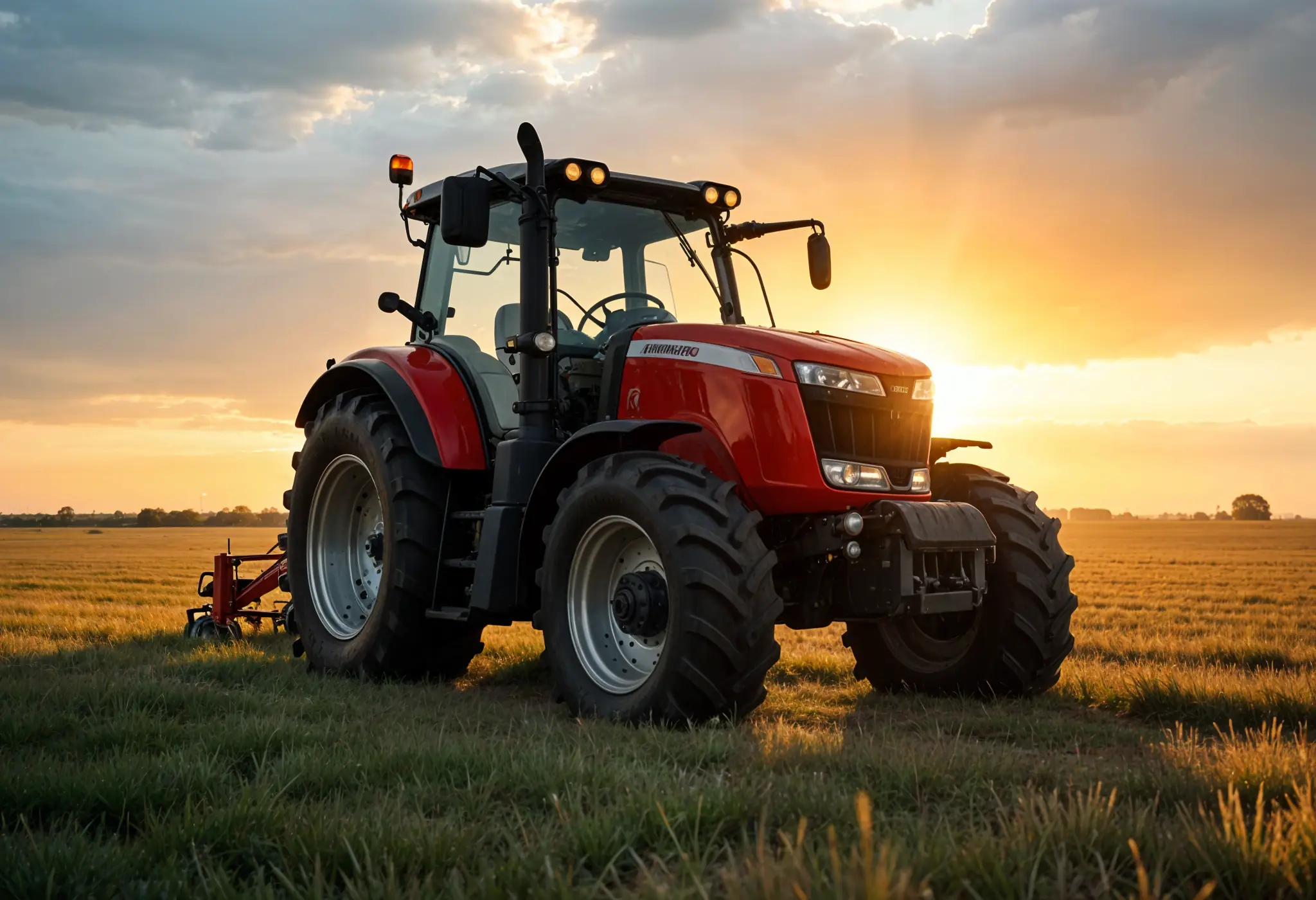
How to Service Farm Equipment: A Farmer's Guide to Zero Harvest Downtime
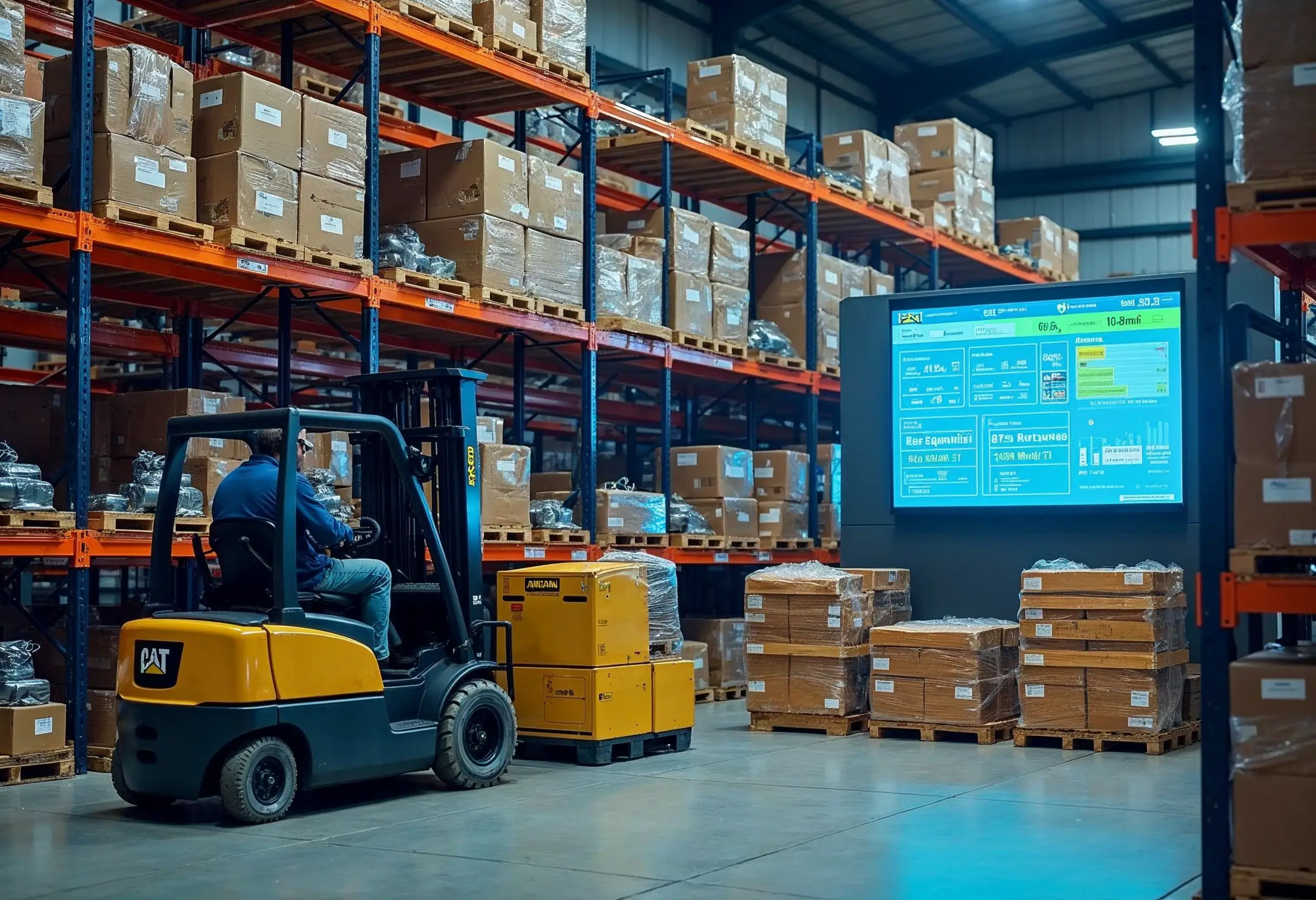
Construction Machinery Parts Suppliers: Expert Selection Guide
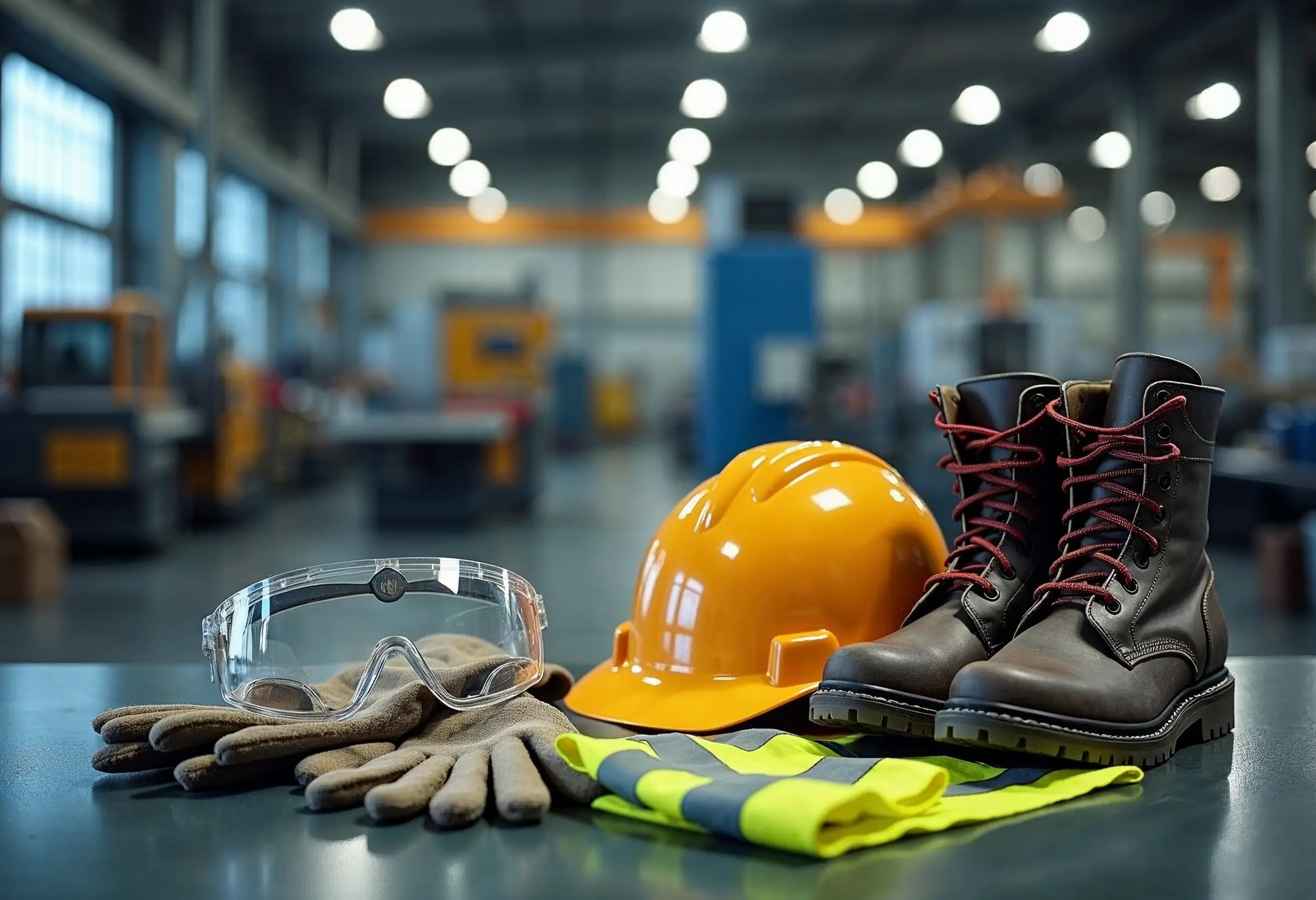
How to Apply Machine Safety Rules: From Selection to Installation

Smart Diagnostics Cut Heavy Equipment Failures by 73%

5 Ways to Assess the Environmental Impact of Heavy Construction Machinery
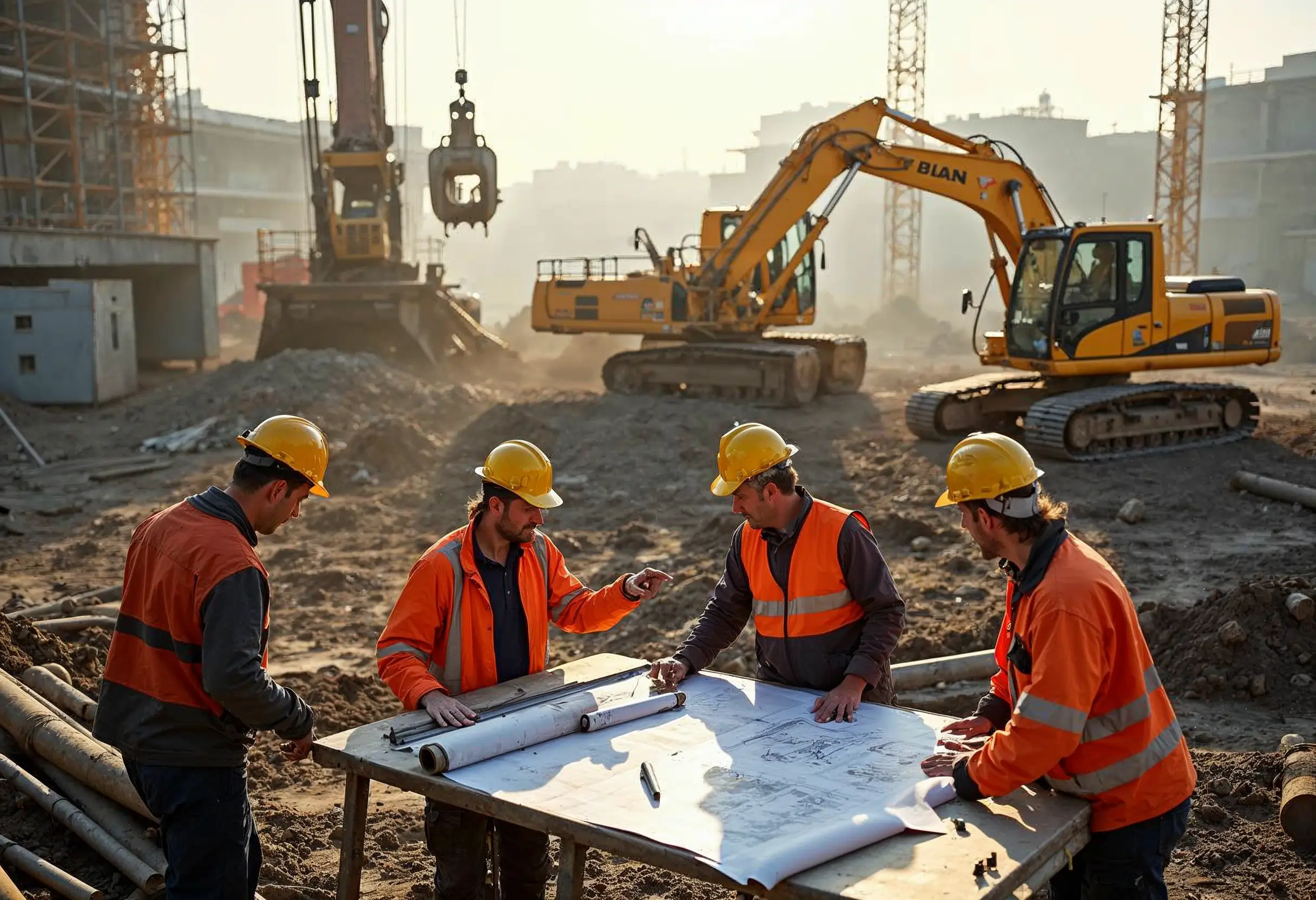
10 Smart Ways to Pick Construction Machinery for 2025 Projects
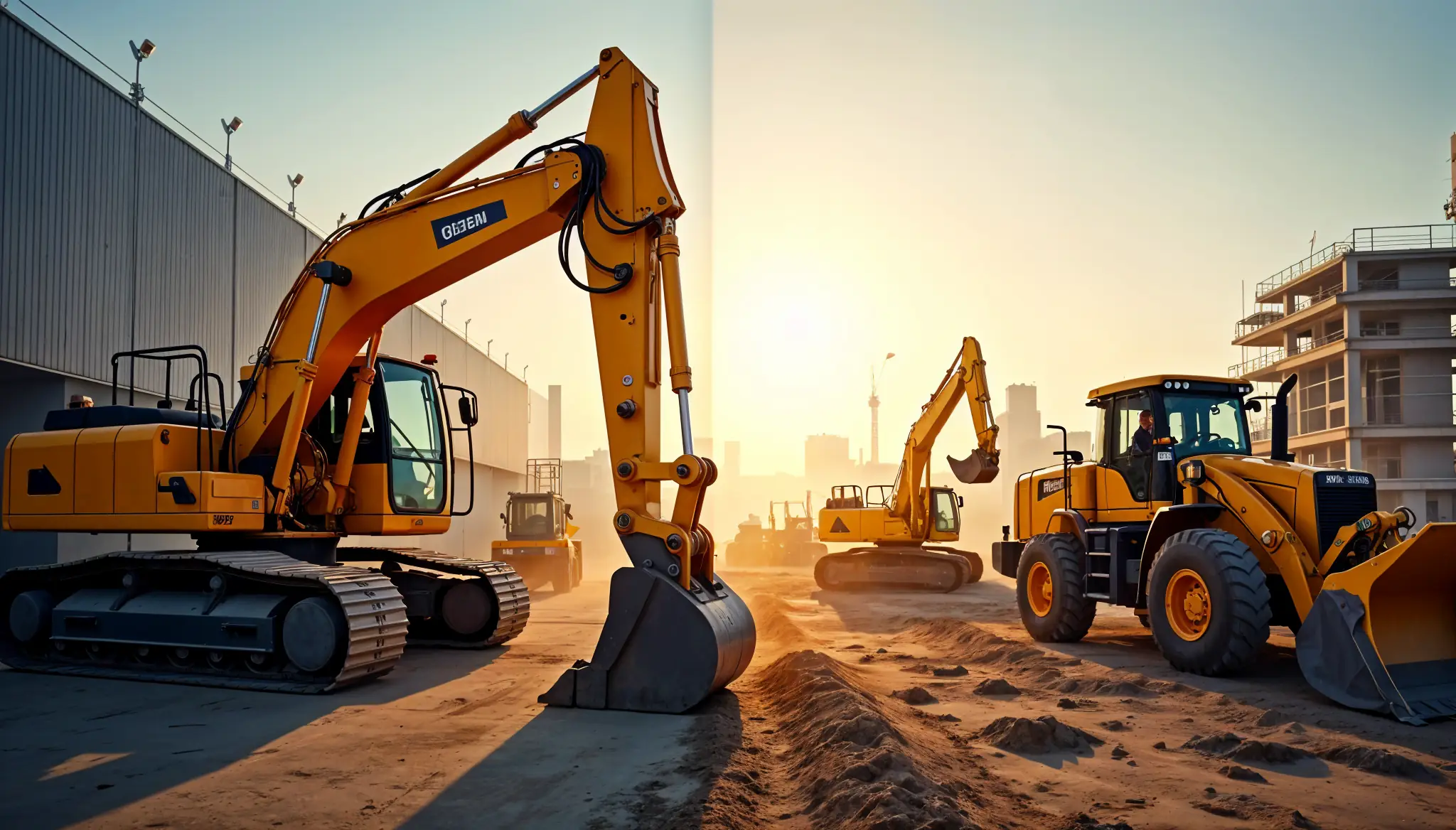
Rent vs Purchase Equipment: What Heavy Industry Experts Hide

How to Implement a Construction Inventory Management System for Equipment Efficiency
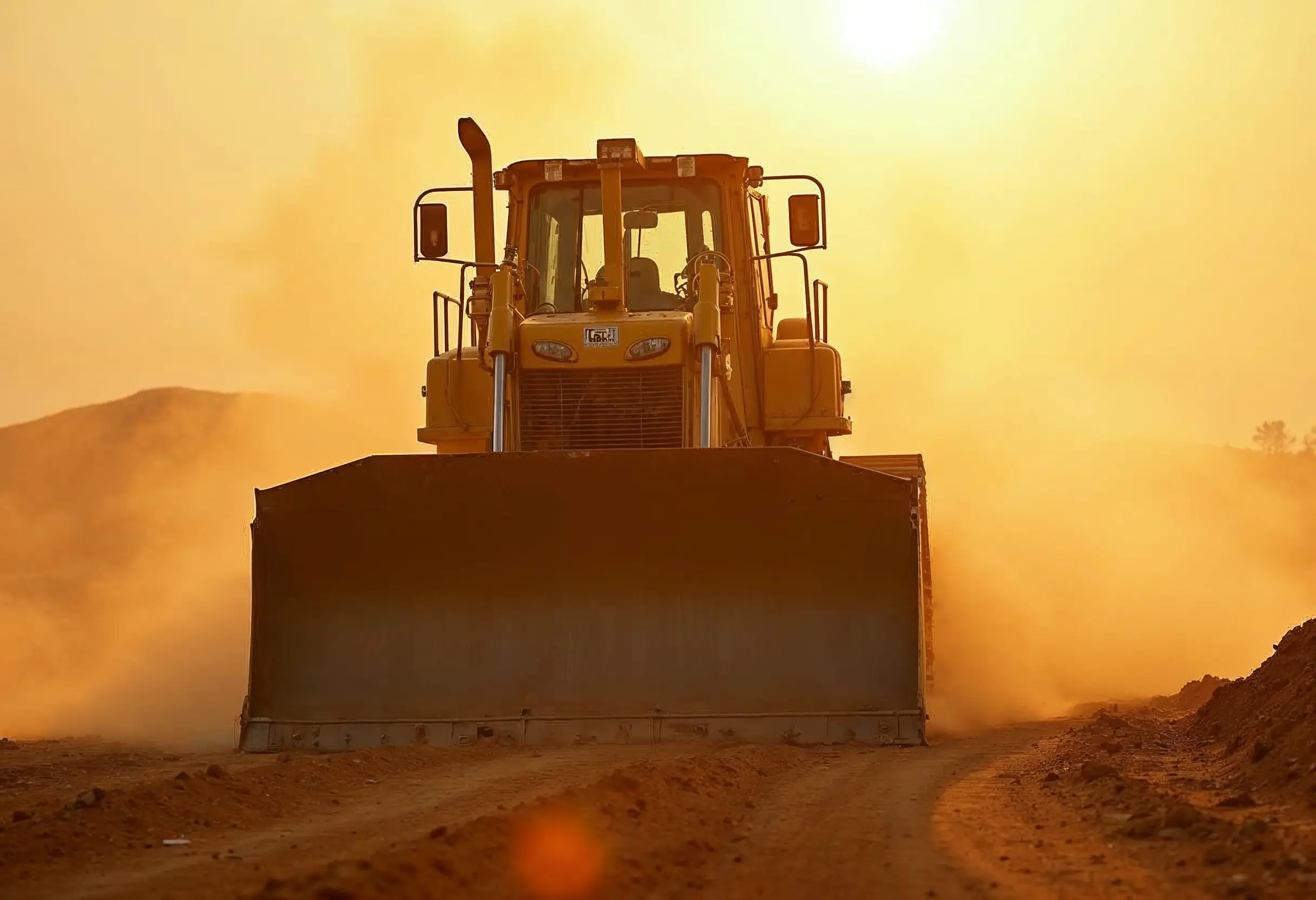
How to Extend Equipment Life Expectancy with Regular Maintenance
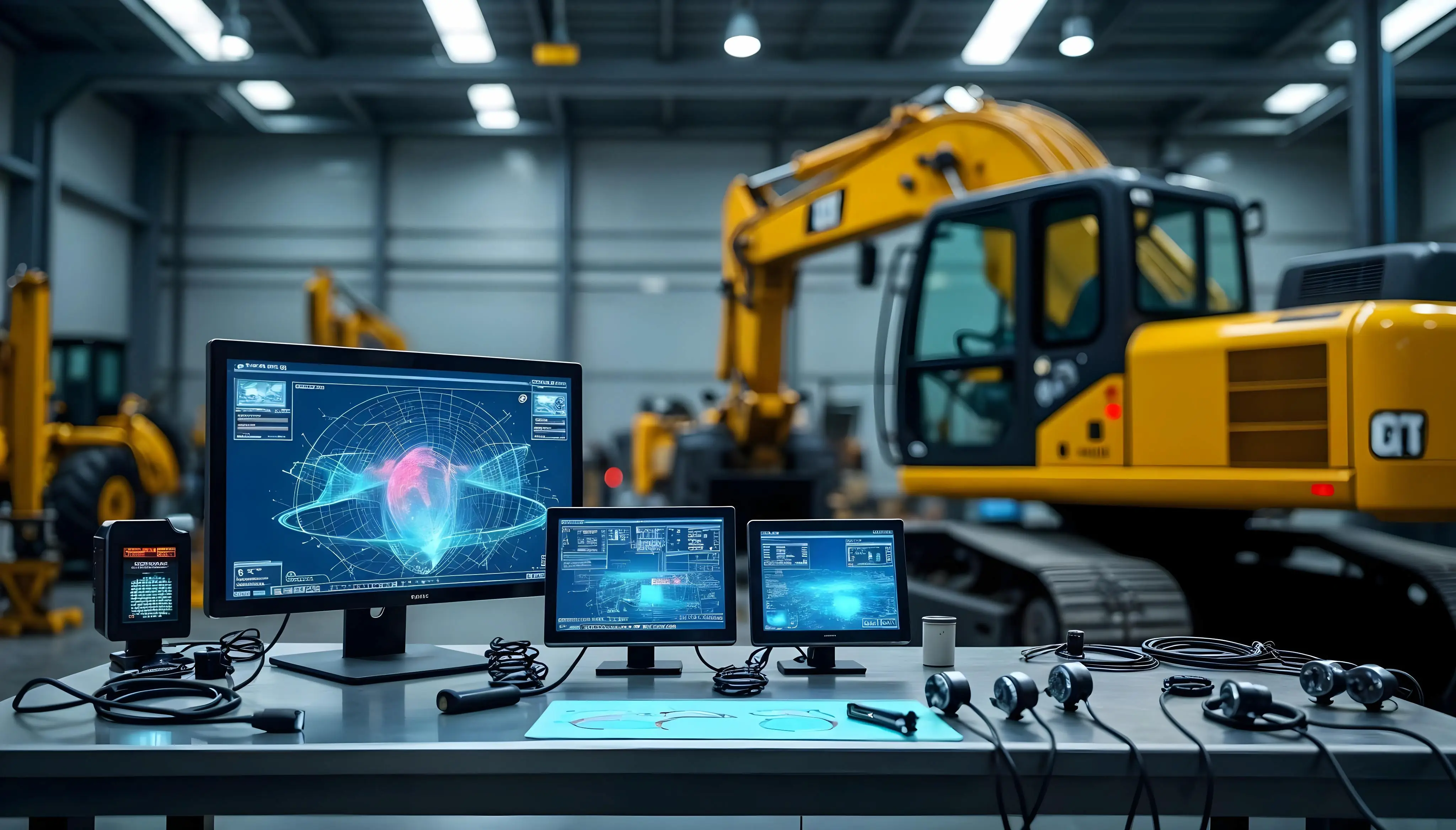
Advanced Heavy Equipment Diagnostic Tools: Ensuring Construction Machinery Quality
Essential Features Your Construction Equipment Inventory System Needs
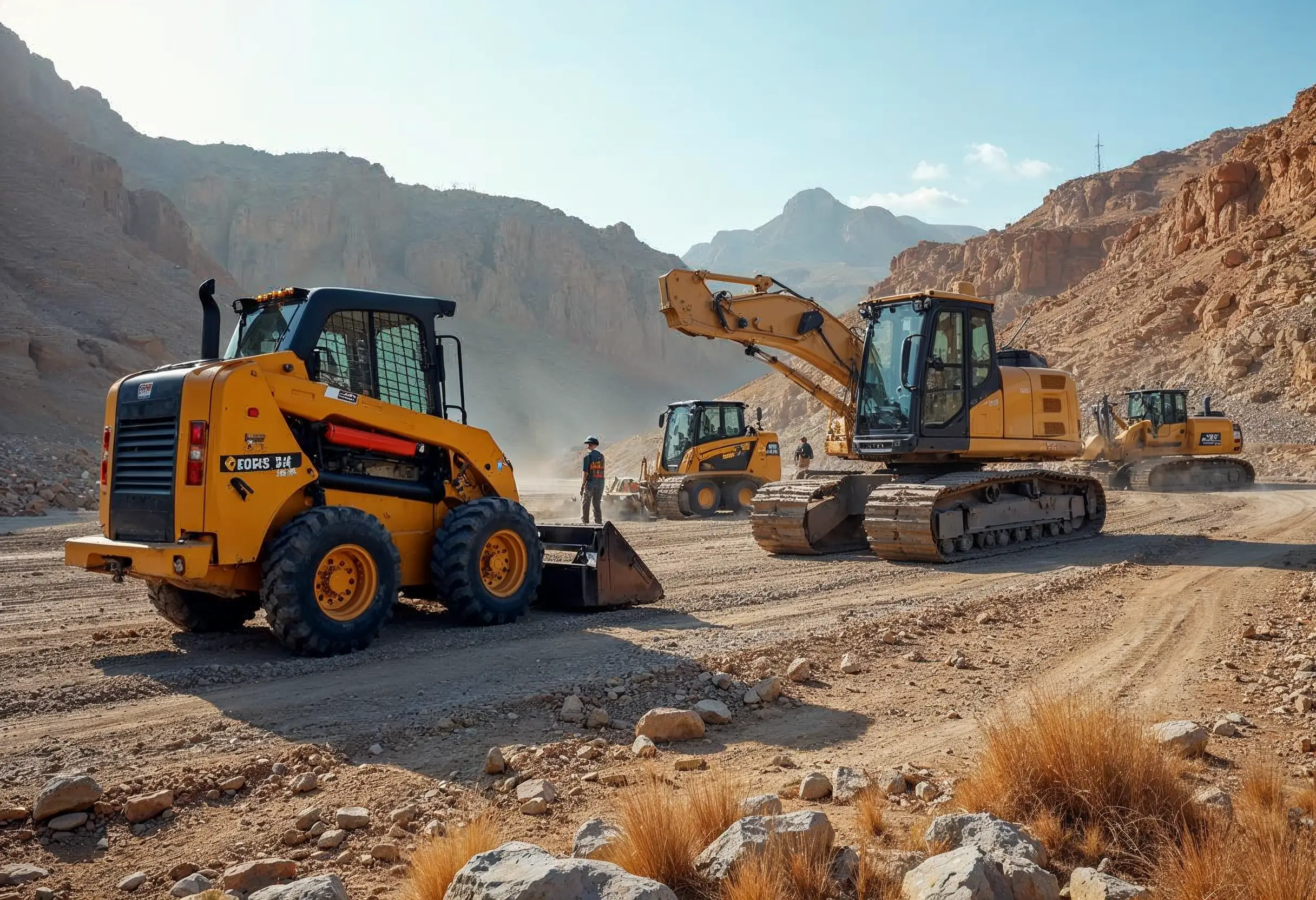
29 Quick Tips for Choosing Construction Equipment for Remote Locations

How to Select Construction Machinery with Optimal Equipment Maintenance in Mind
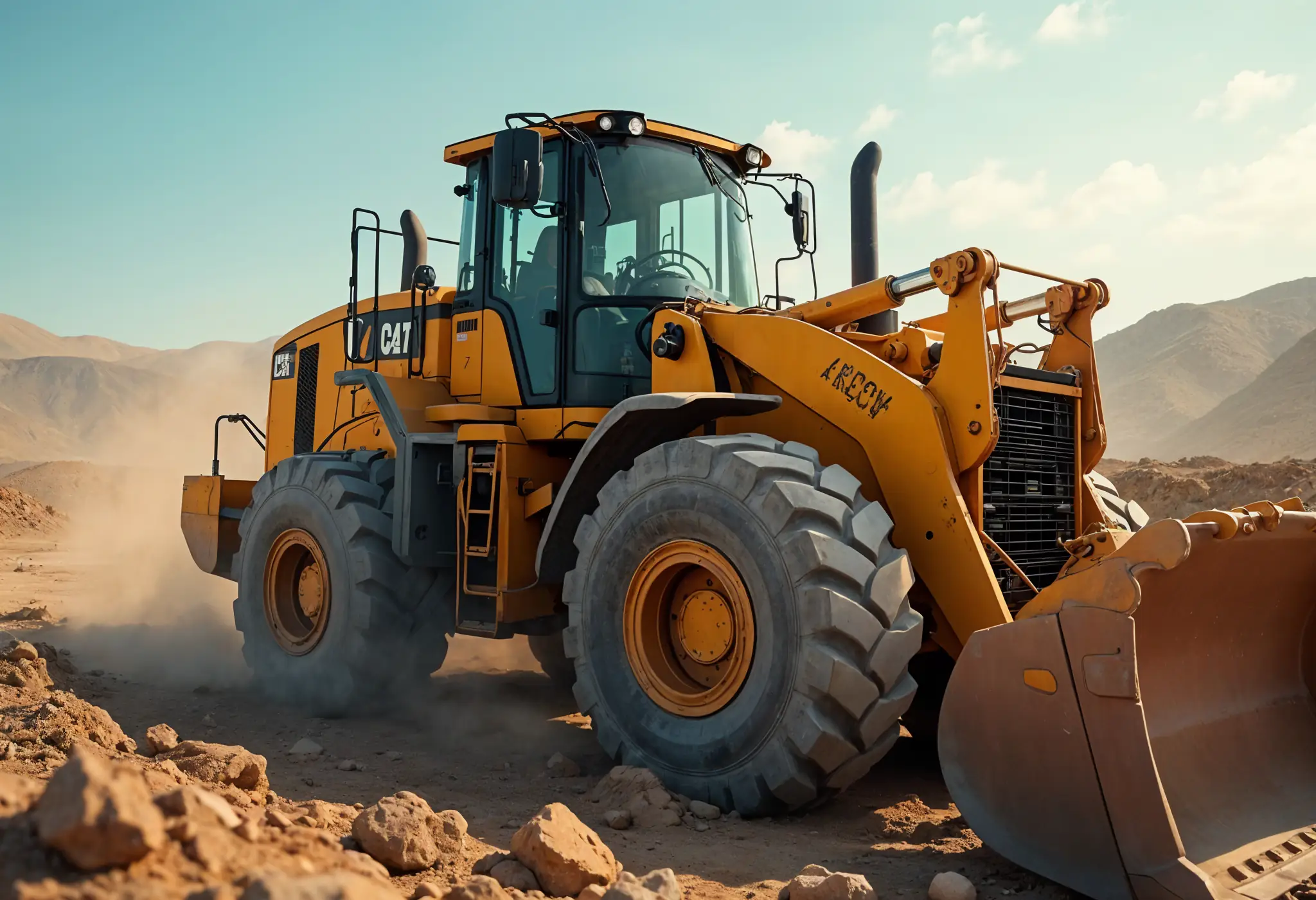
Top 25 Tips for Selecting Bulldozers for Construction Sites
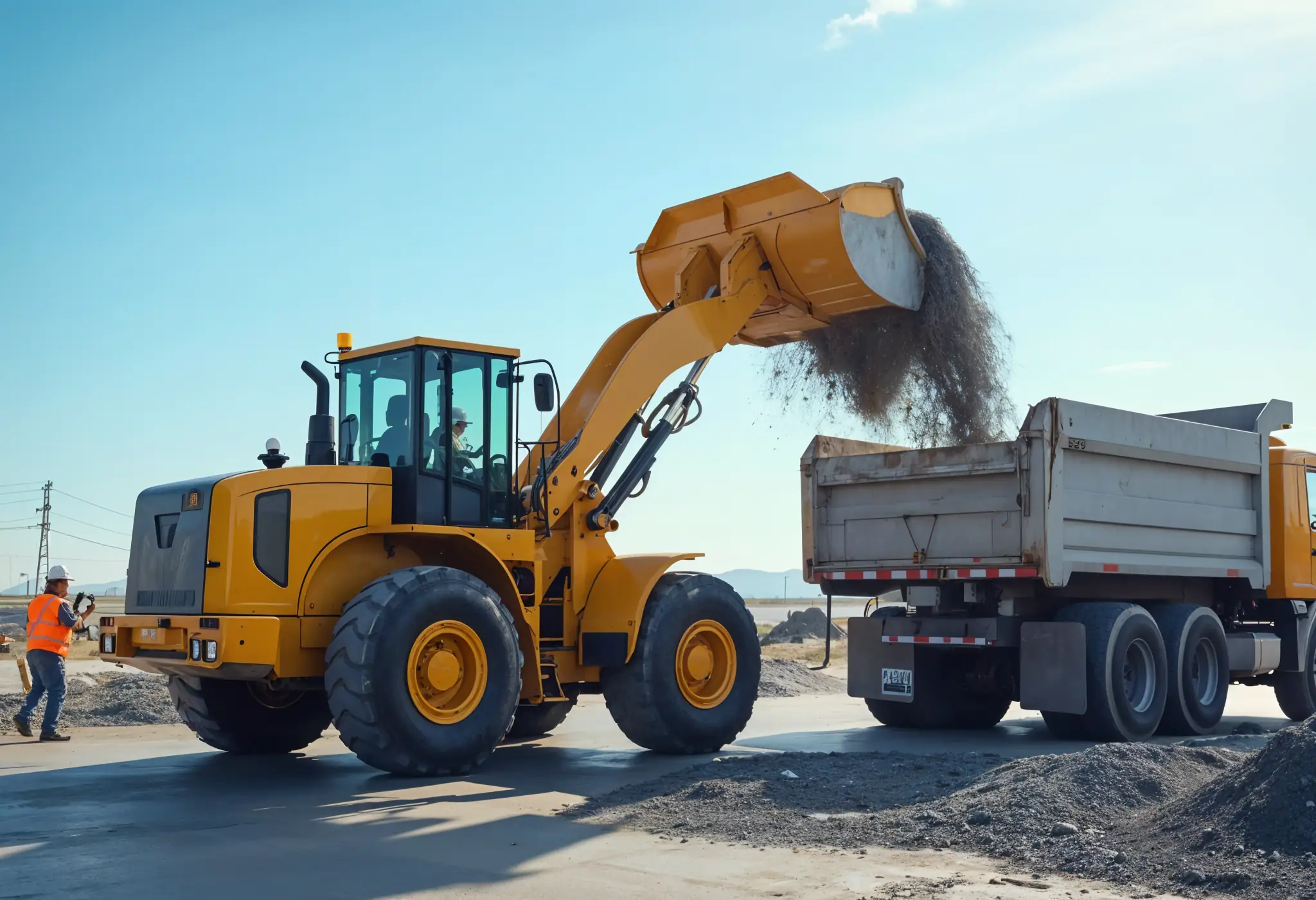
Which Construction Loader is Best for Your Project Needs?

4 Key Steps to Form a Construction Machinery QC Team

15 Essential Tips for Selecting the Perfect Crane for Construction

Maximize Savings: Multi-Purpose Construction Machinery for Lower Costs
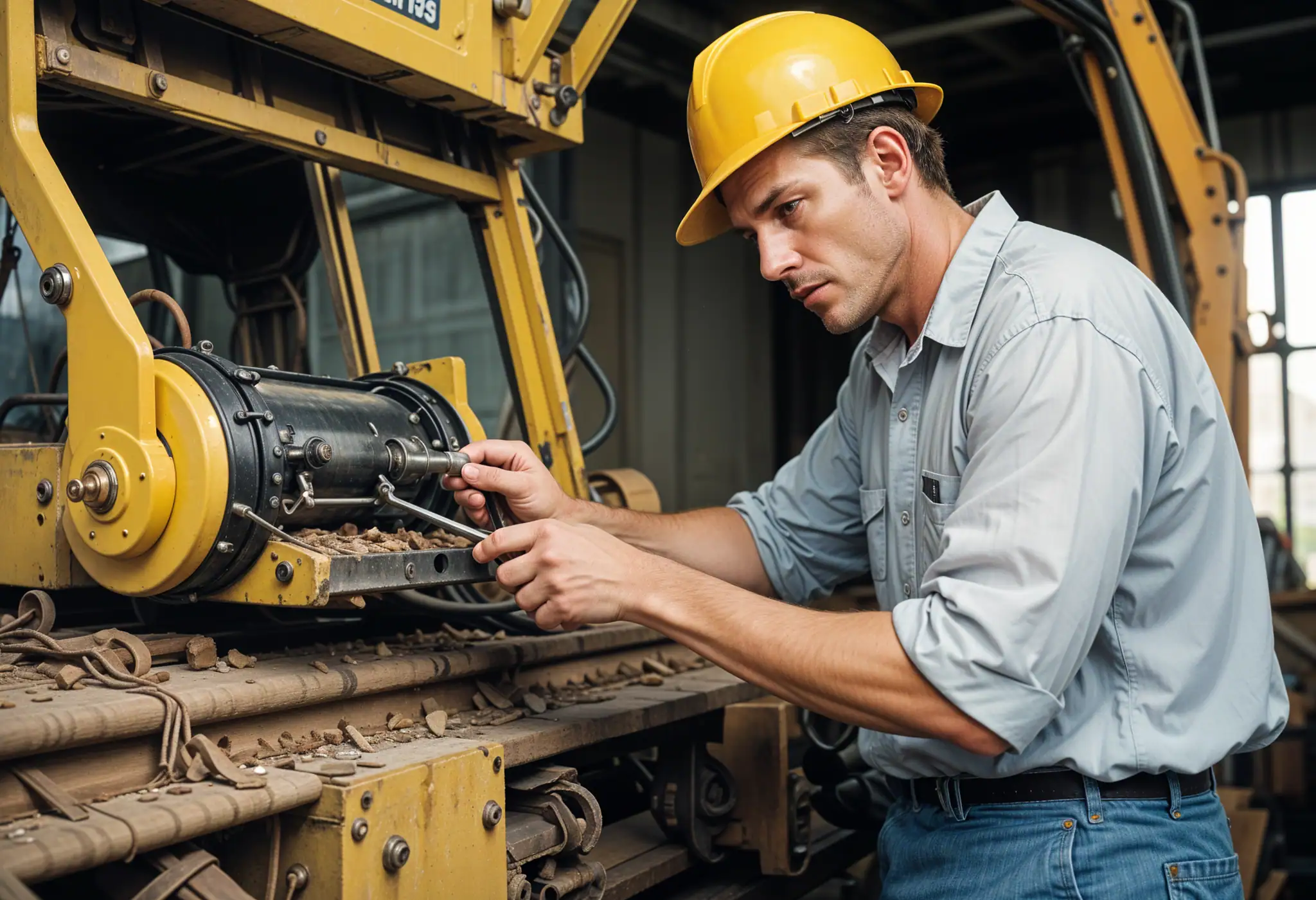
Affordable Heavy Equipment Parts: A Sourcing Guide
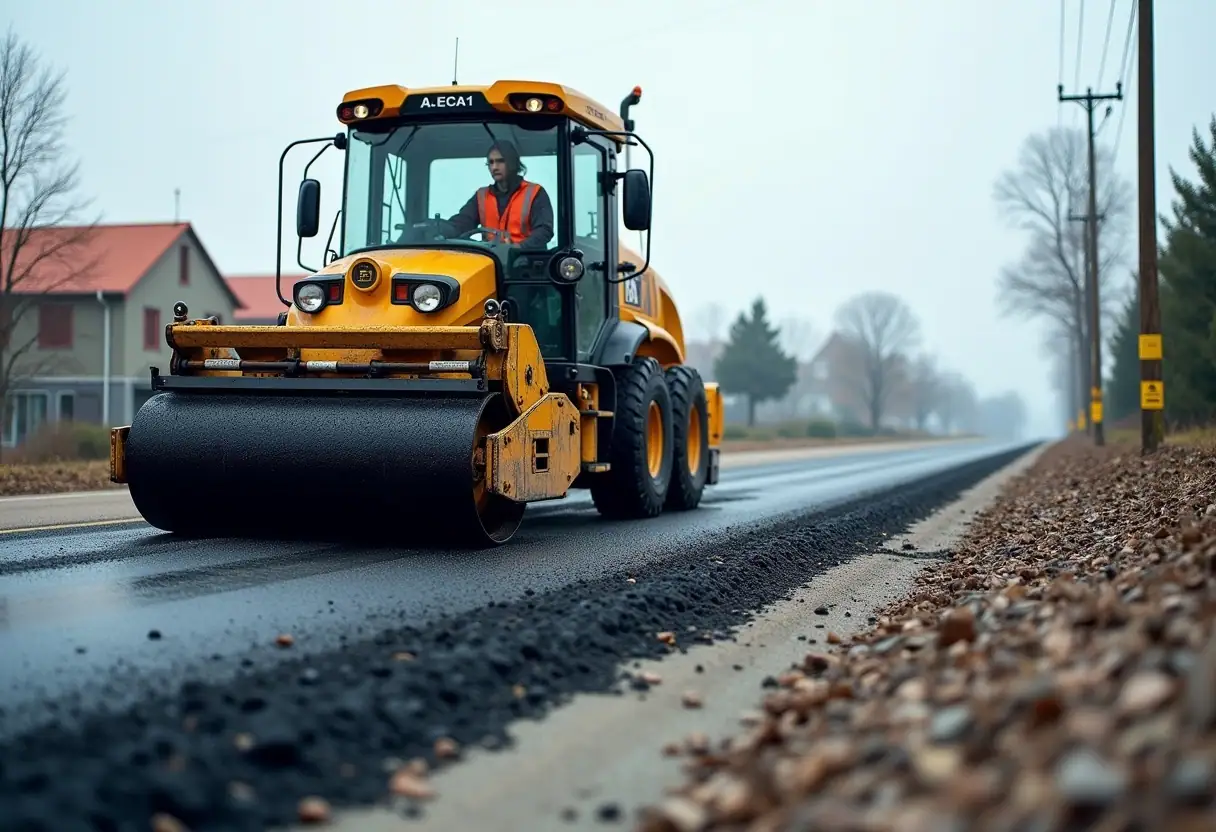
Choosing the Right Road Construction Equipment: A Complete Guide
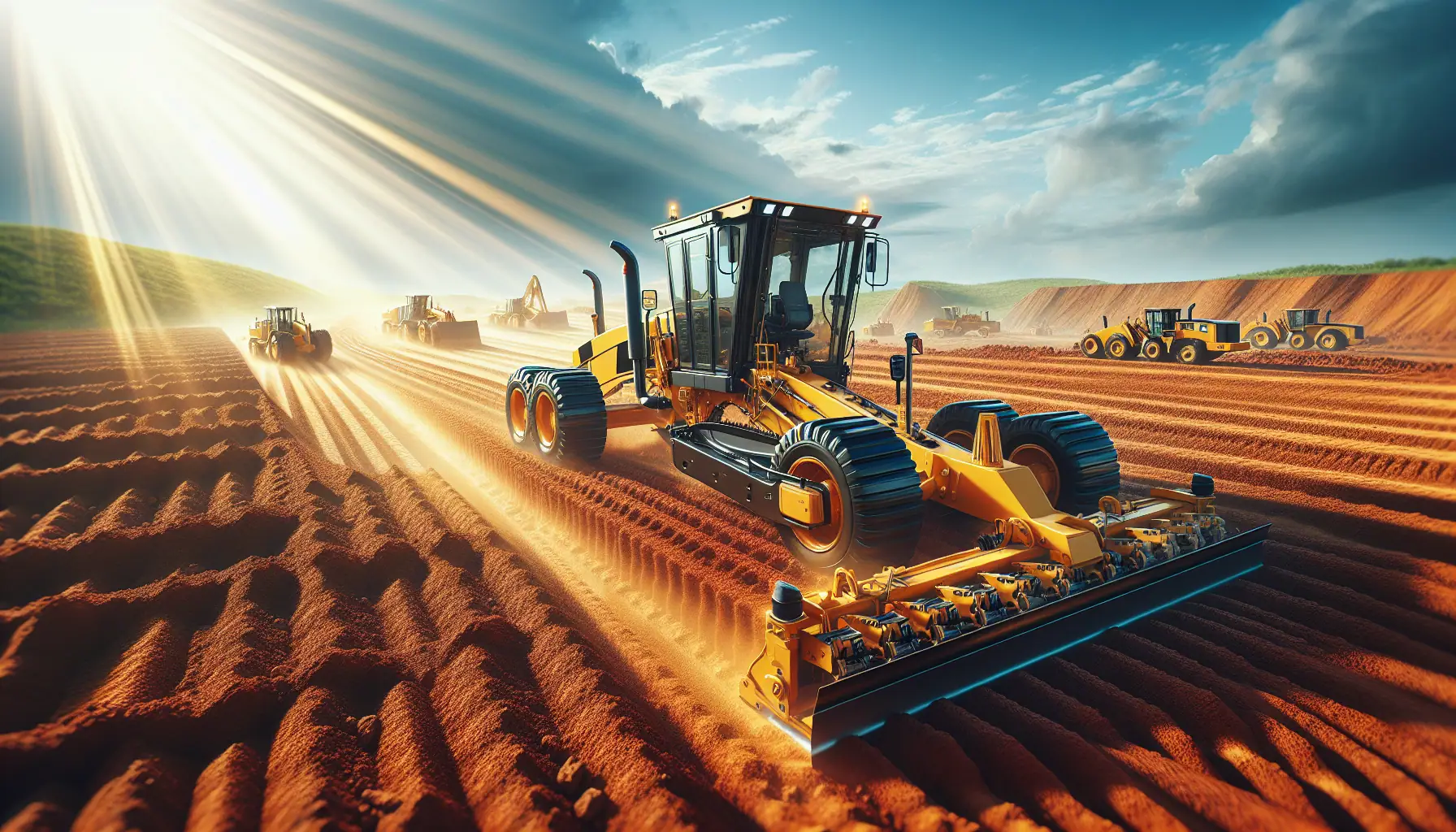
Motor Graders: Key Elements to Consider for Optimal Selection

A Detailed Guide to Choosing Excavators for Construction Work
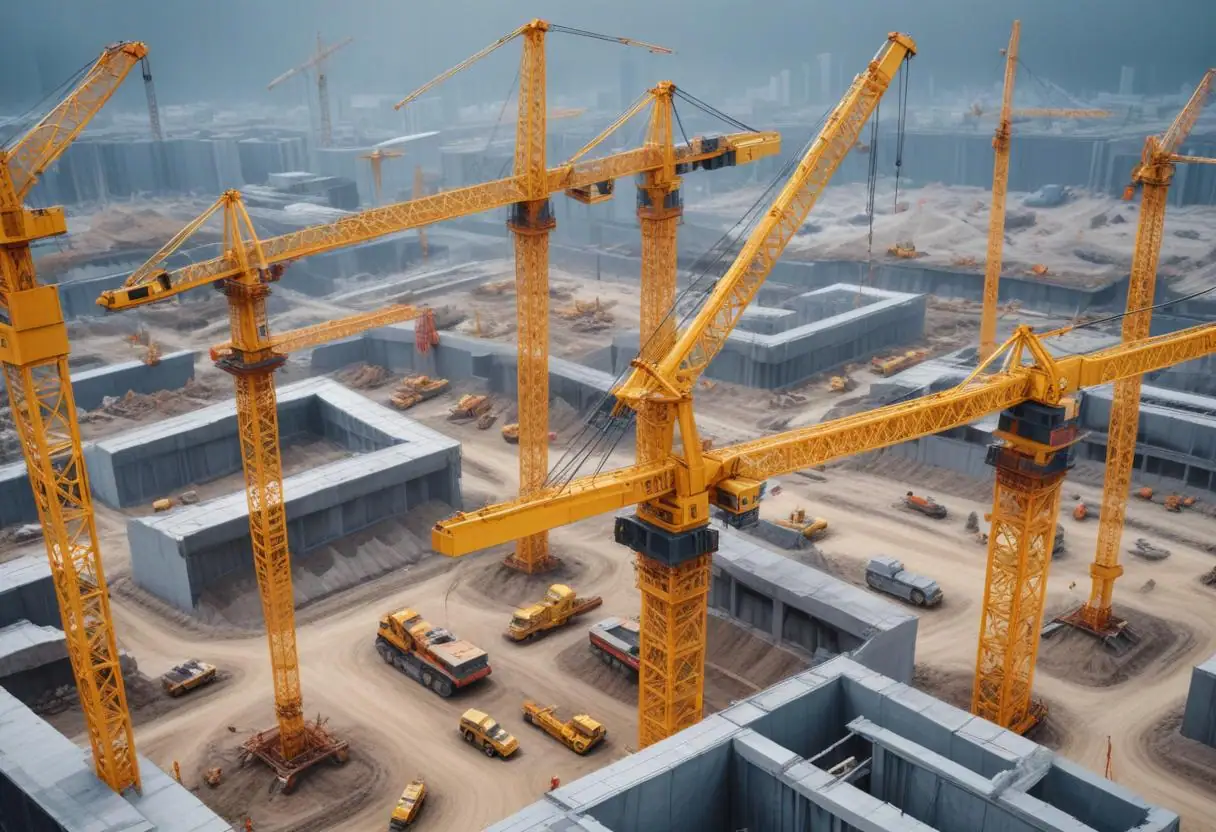
Top Tips for Choosing Cranes for Construction Projects
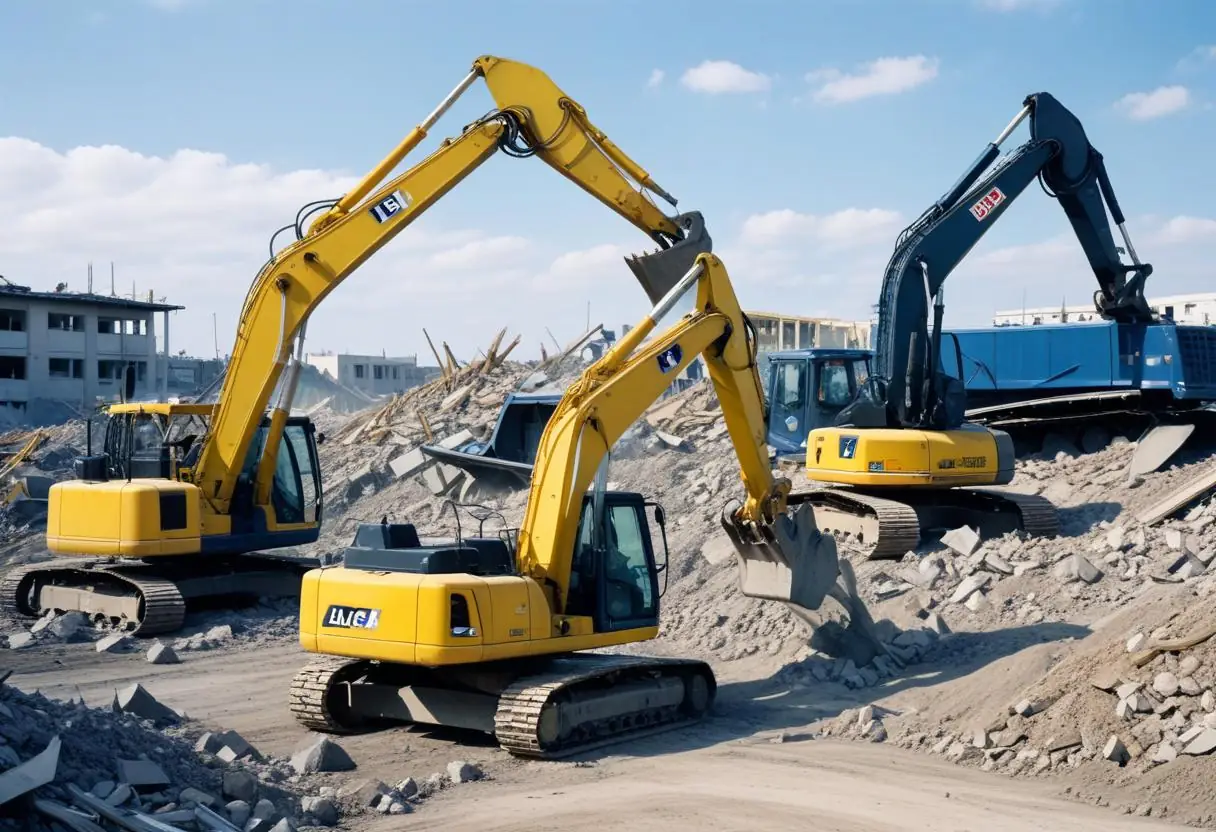
5 Top-Rated Demolition Machines for Construction Professionals
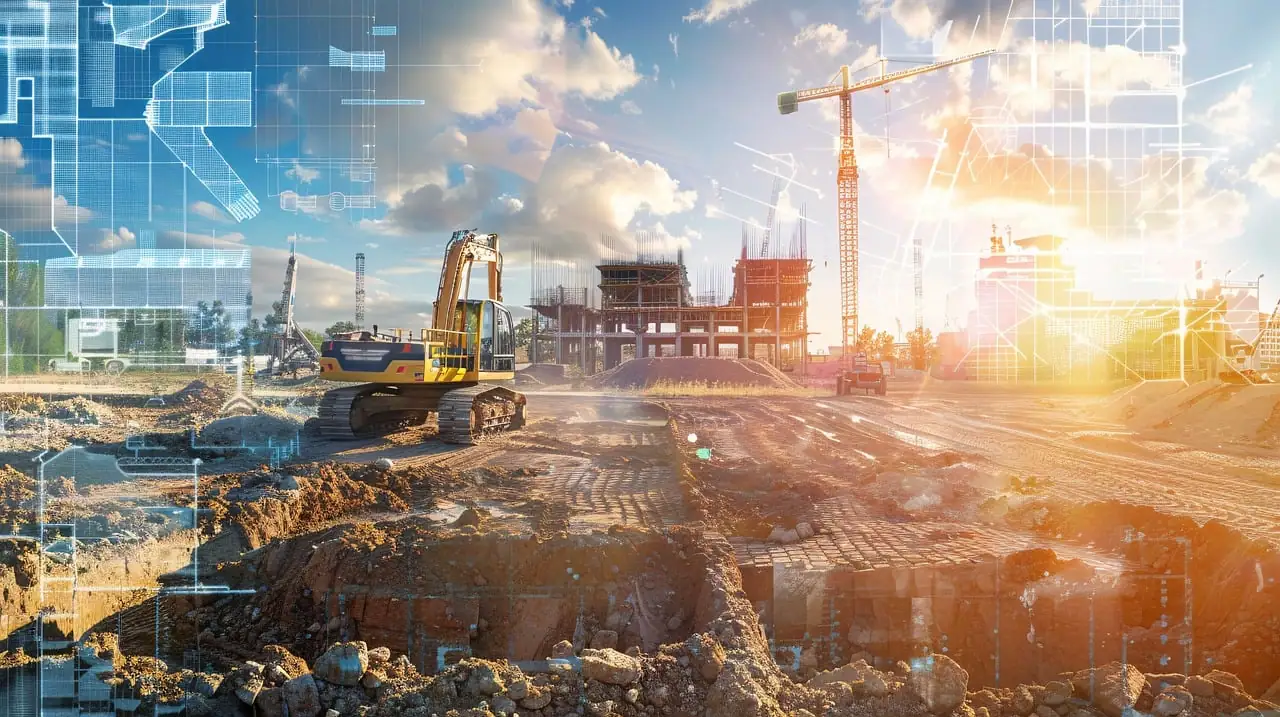
Expert Tips on Choosing Earthmoving Equipment for Large Projects
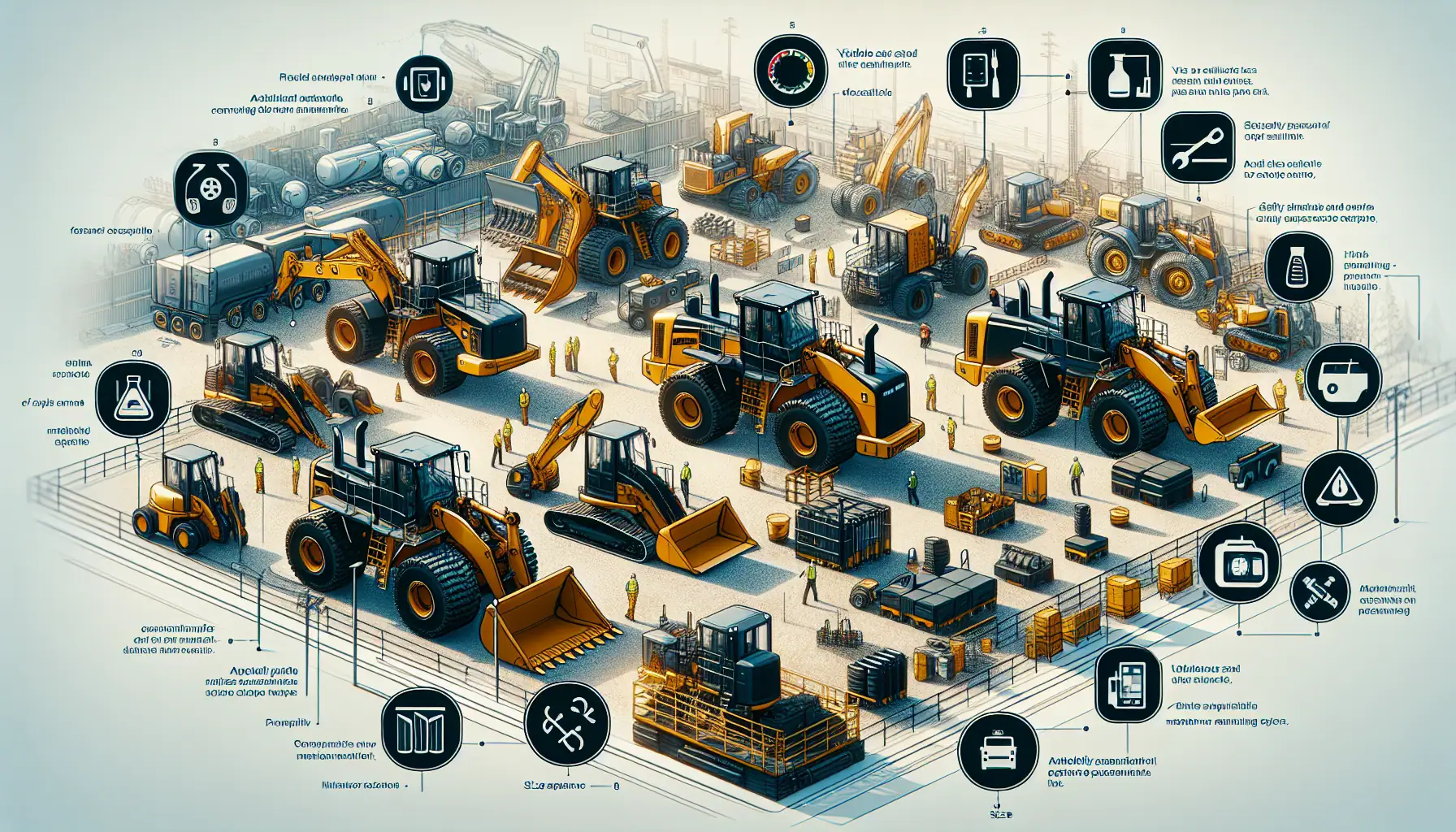
Top Functional Criteria for Selecting Heavy Construction Equipment

Construction Machinery: Detailed Guide to Equipment Specifications
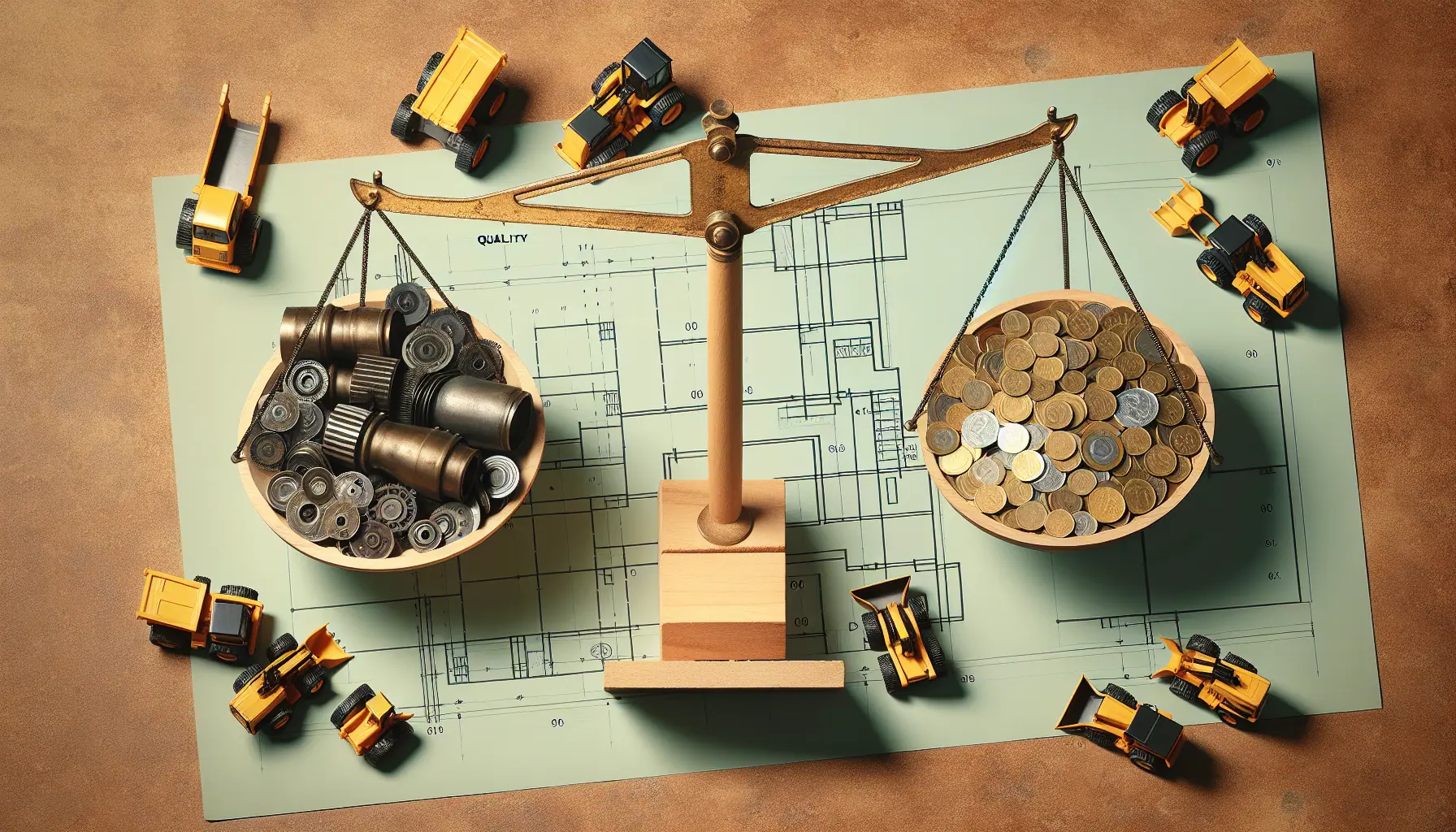
Heavy Machinery Prices: Key Factors in Cost and Quality Balance
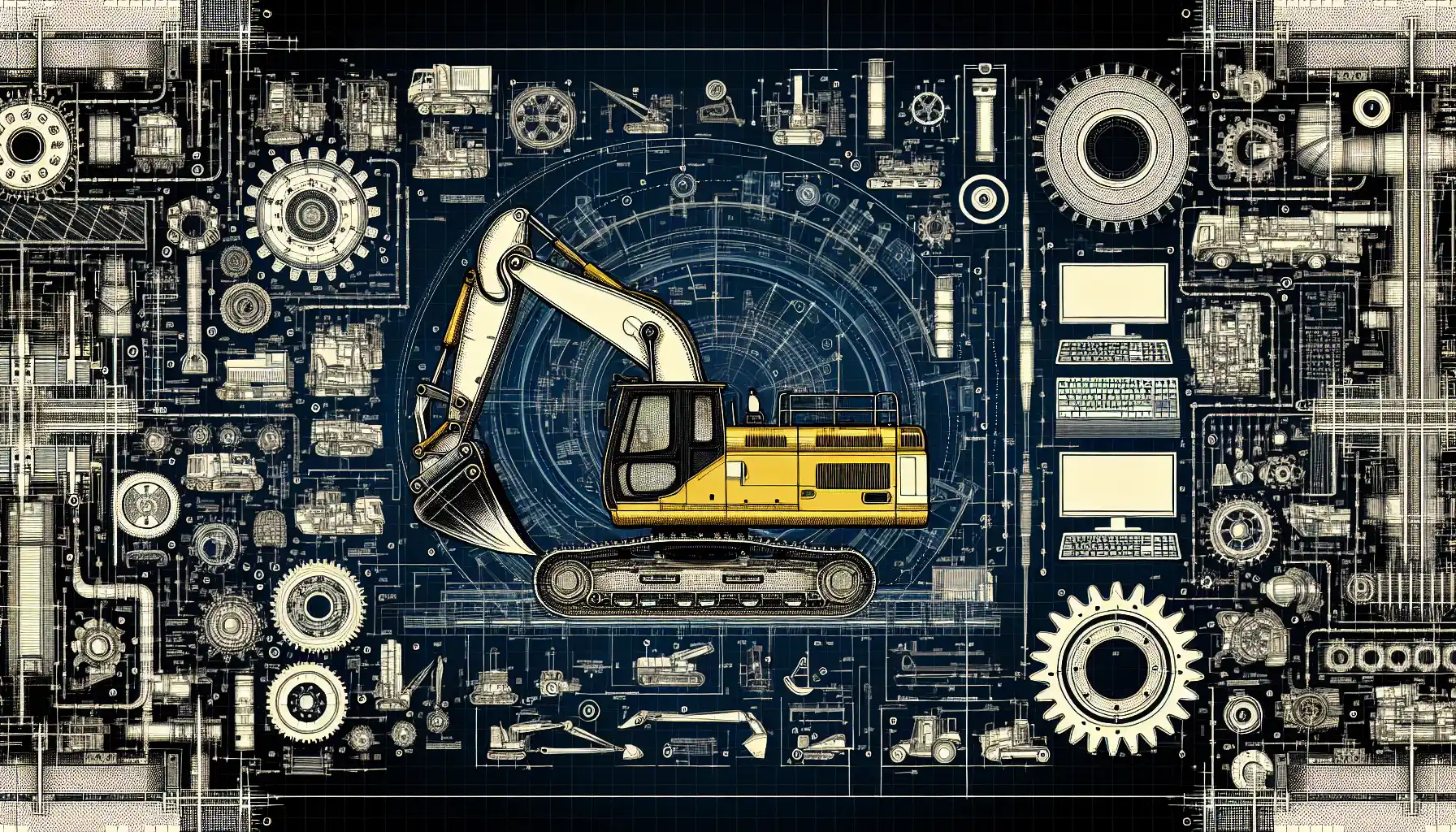
Best Construction Heavy Equipment Brands: Pros and Cons
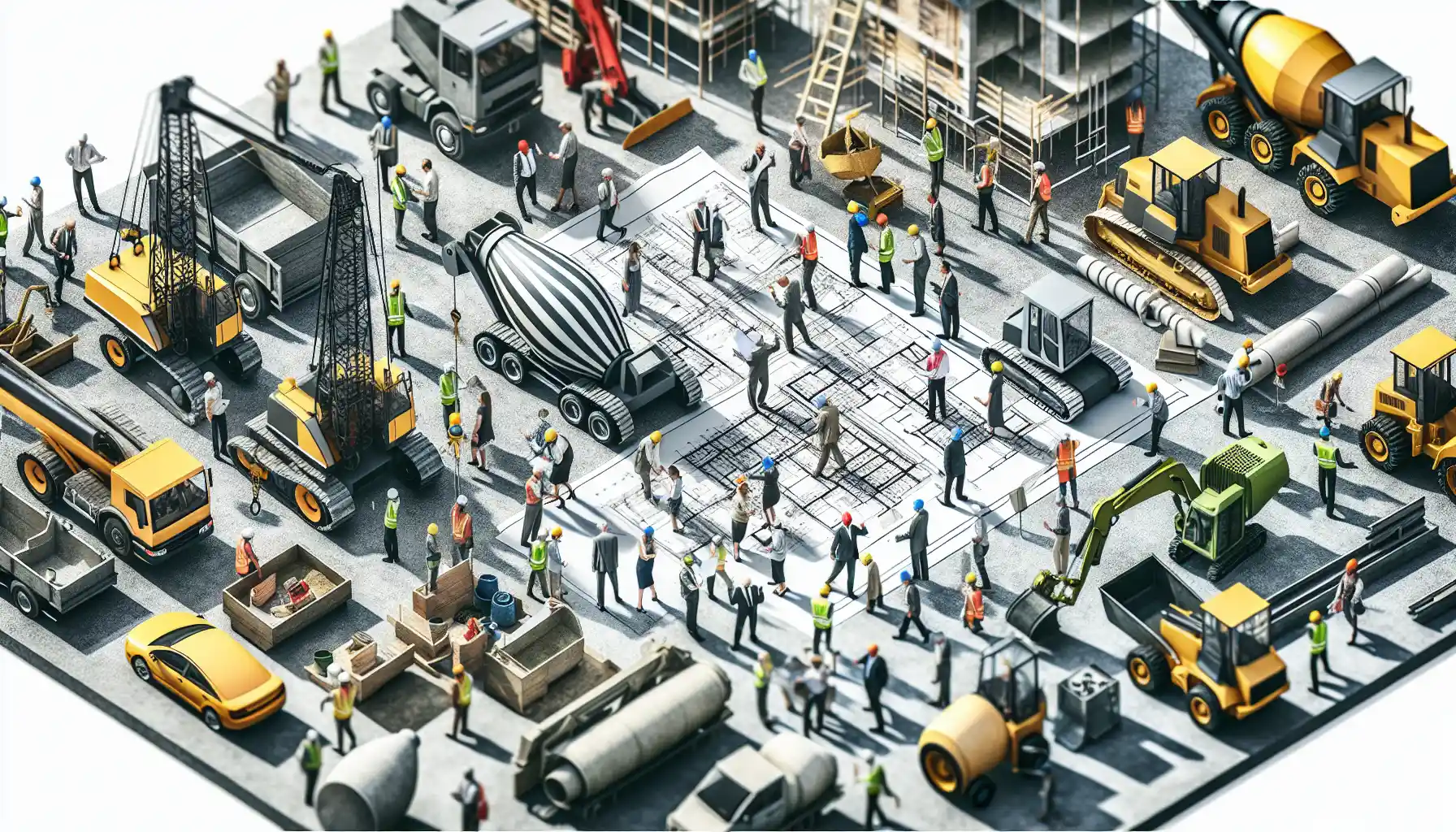
Construction Site Equipment: How to Determine Your Requirements
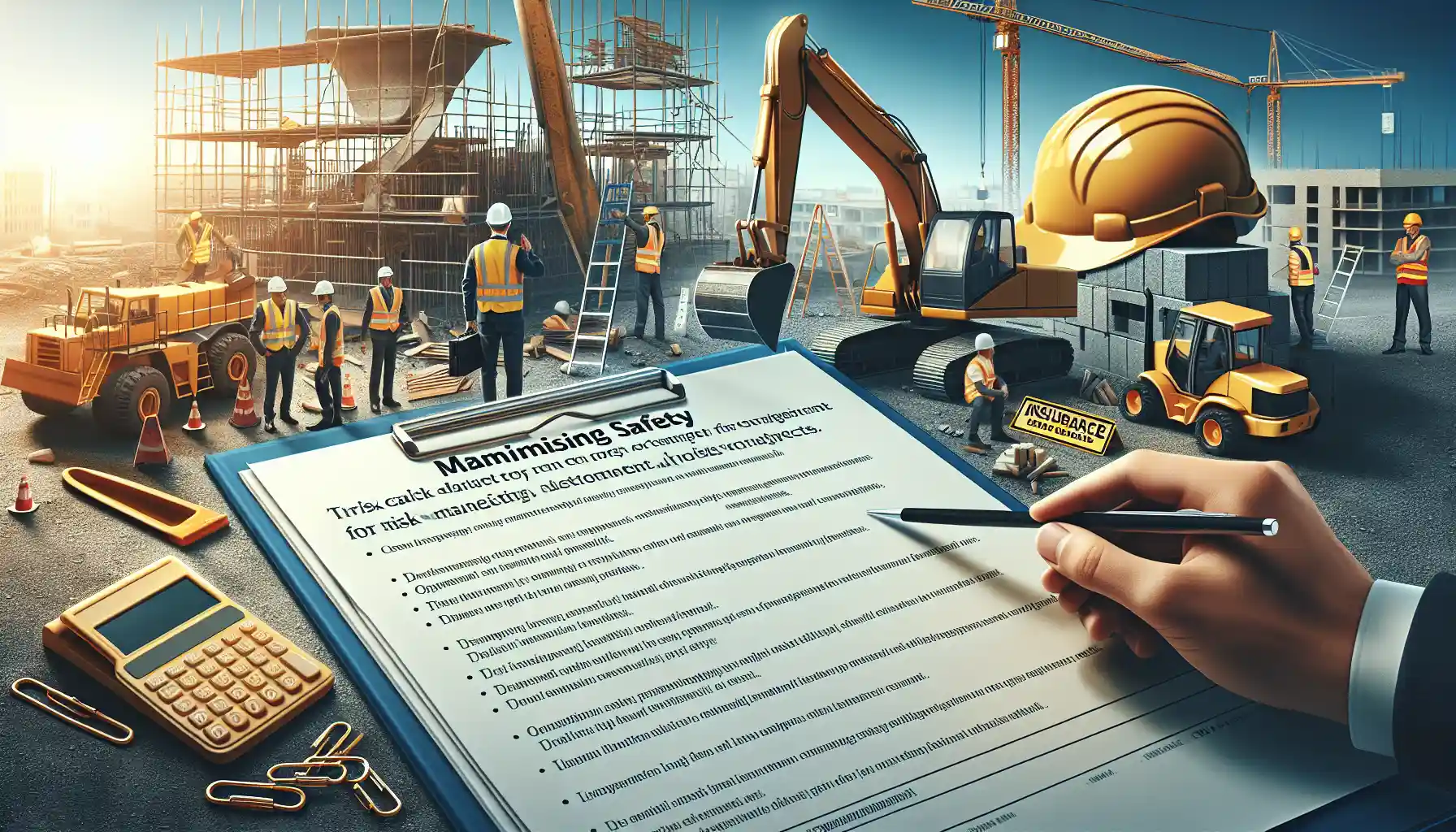
Maximizing Safety: Risk Management for Construction Projects

Innovations in Construction: Transforming Machinery and Equipment
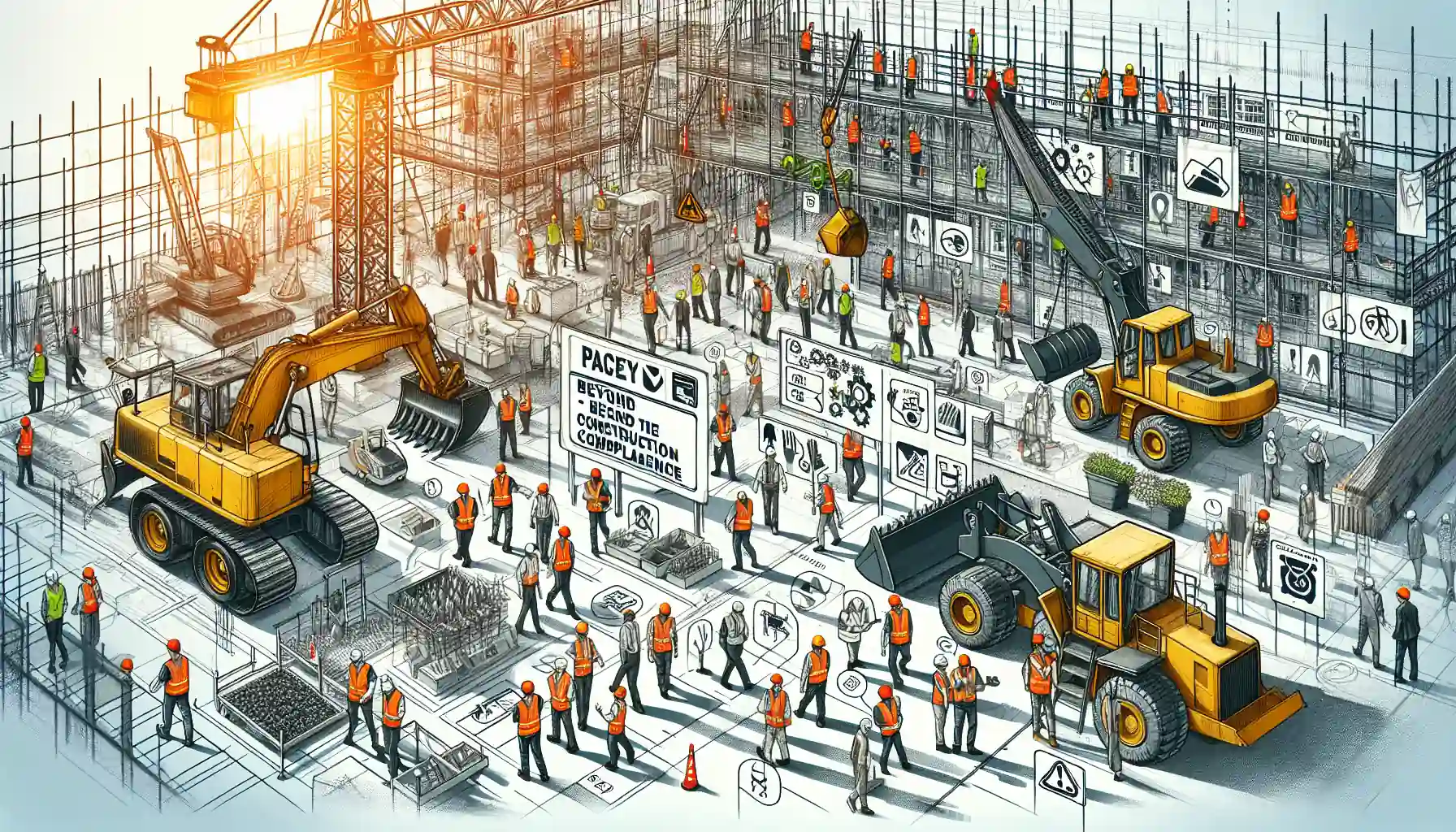
Heavy Equipment Safety: Beyond the Basics in Construction Compliance
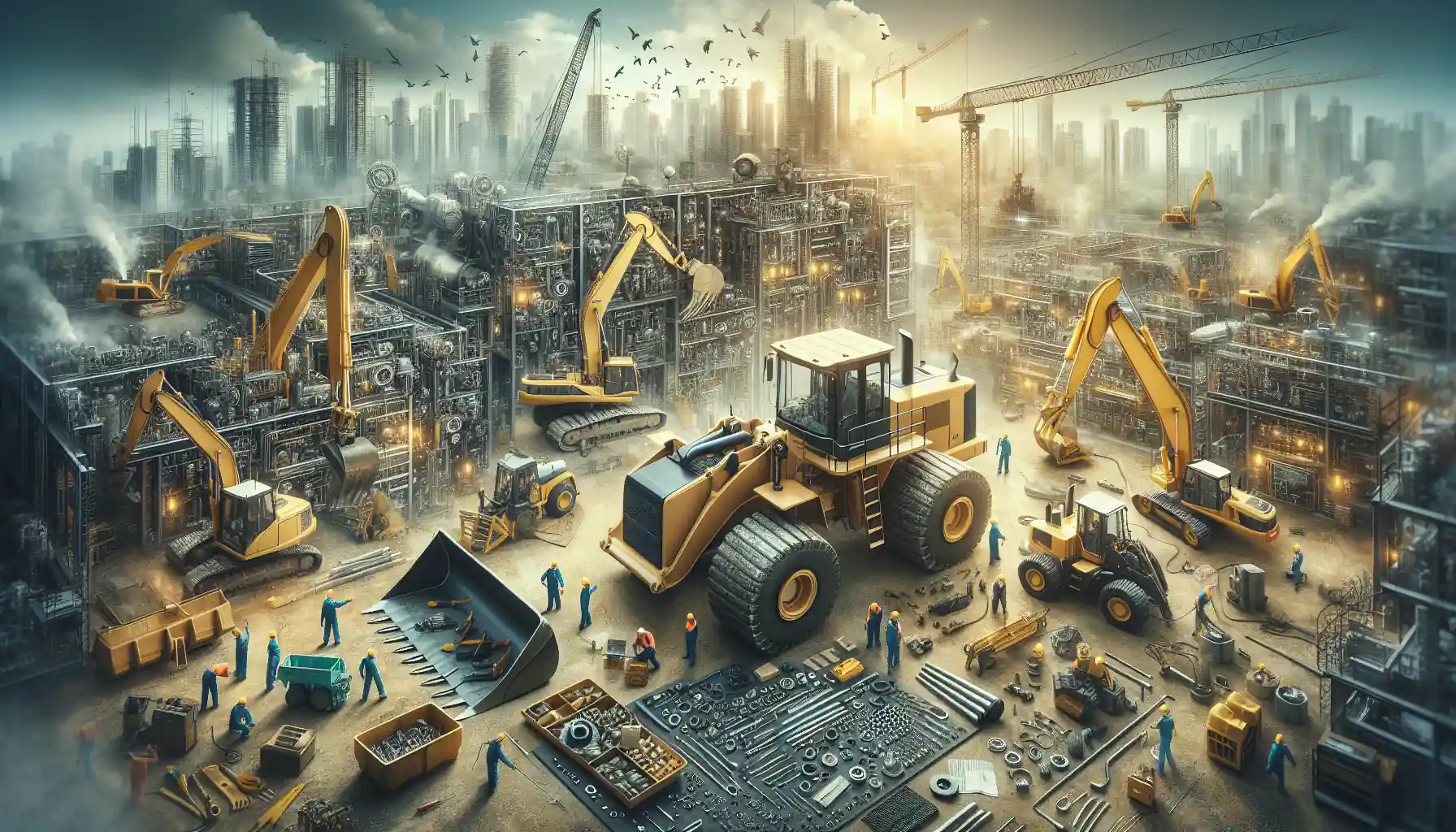
The Essential Handbook for Construction Equipment Repair and Maintenance

How to Efficiently Source Oil and Gas Machinery Parts in NYC

Essential Guide to Sourcing Agriculture Equipment Parts
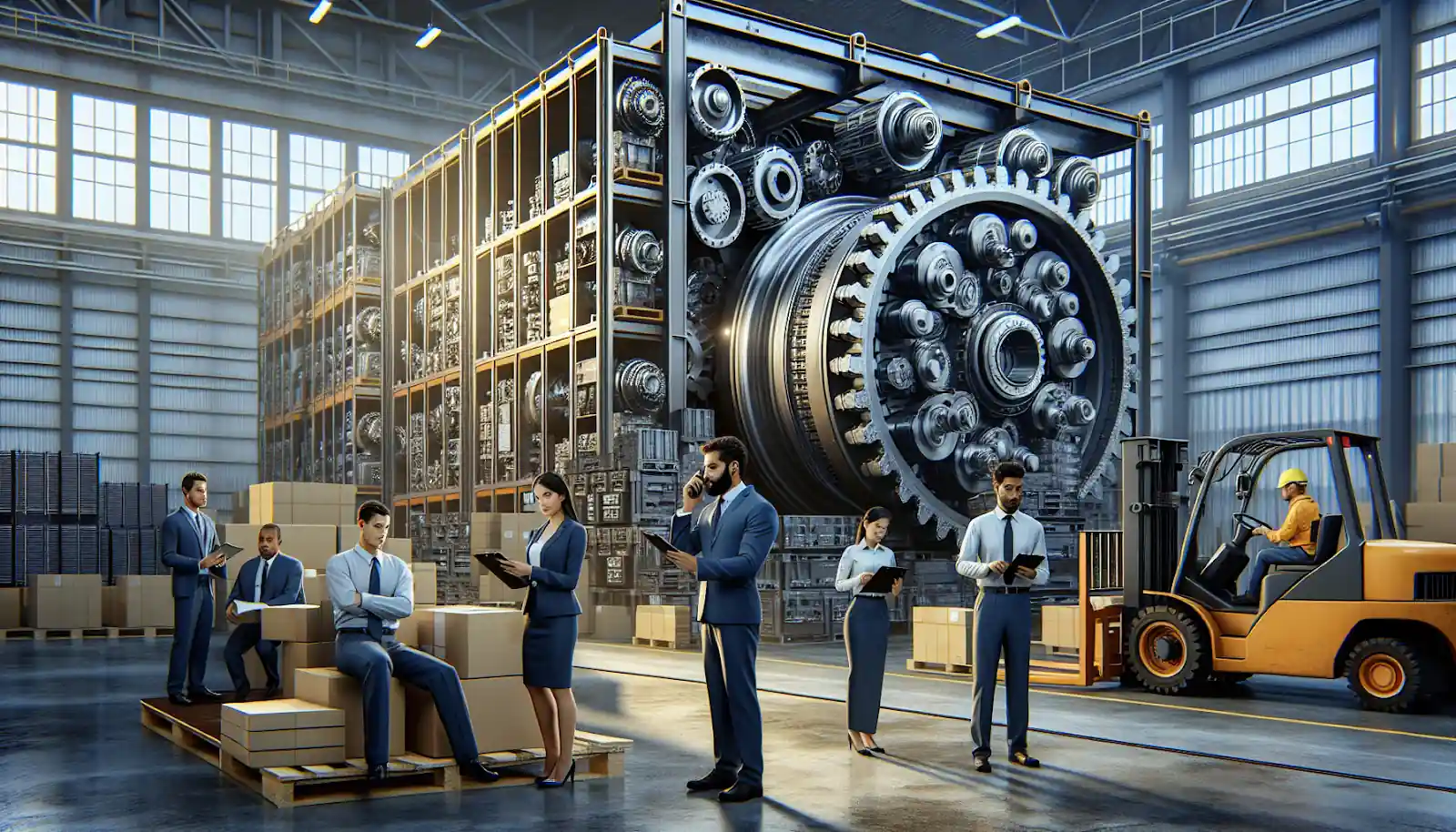
How to Source Mining Machinery Parts: Tips and Strategies
